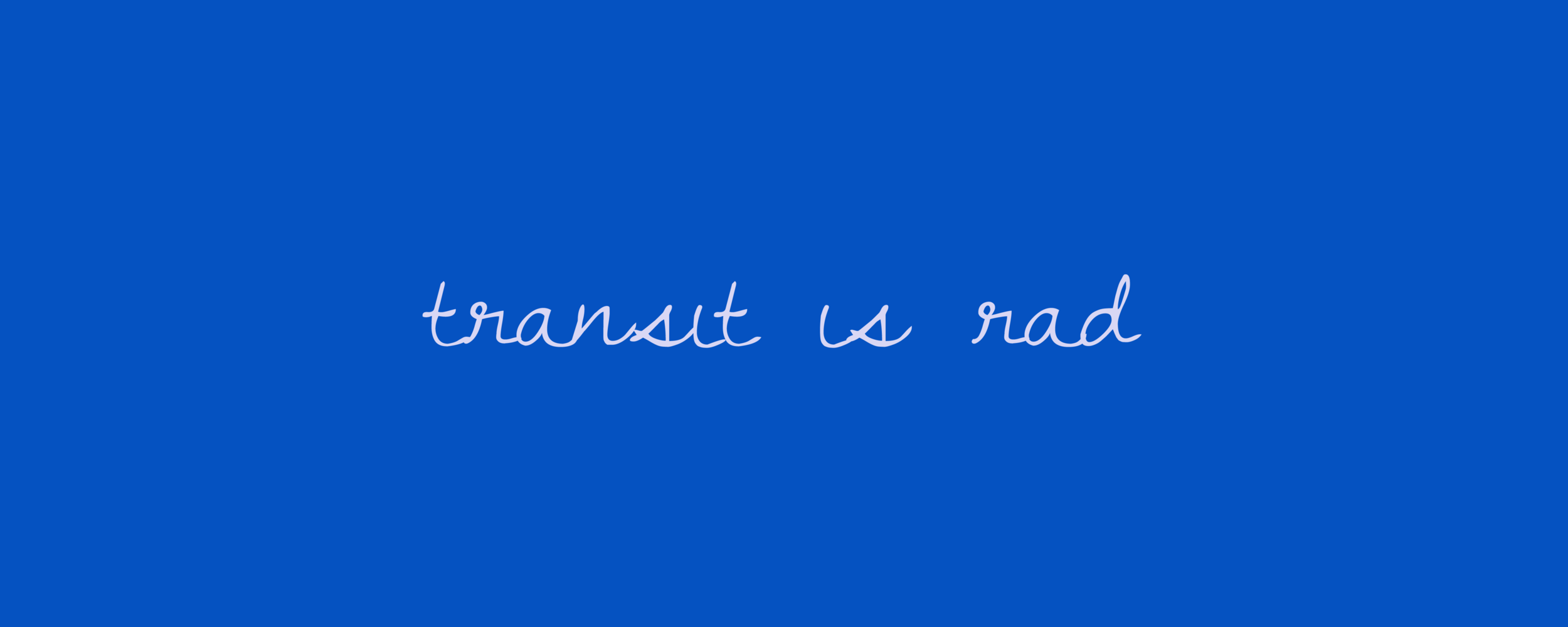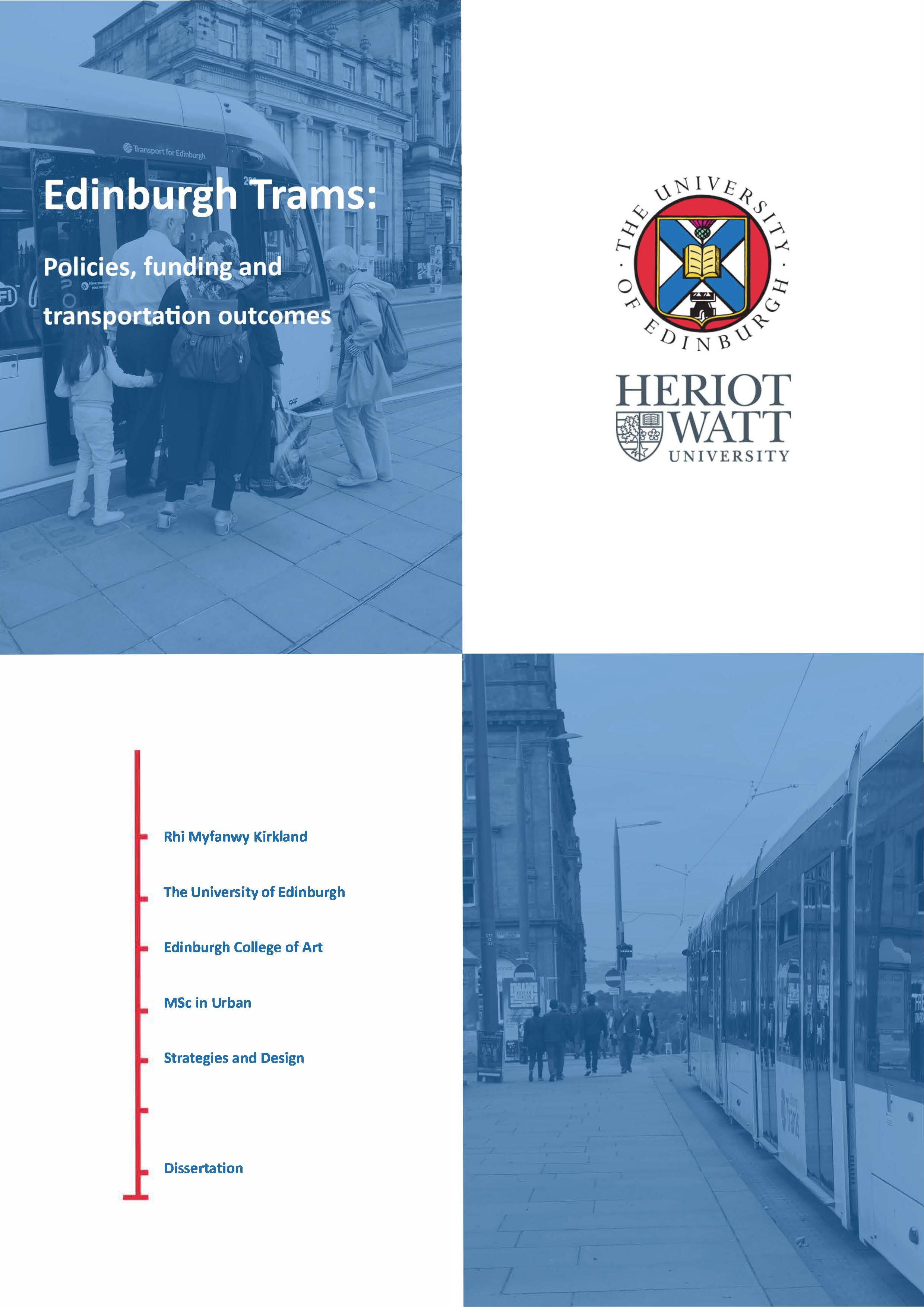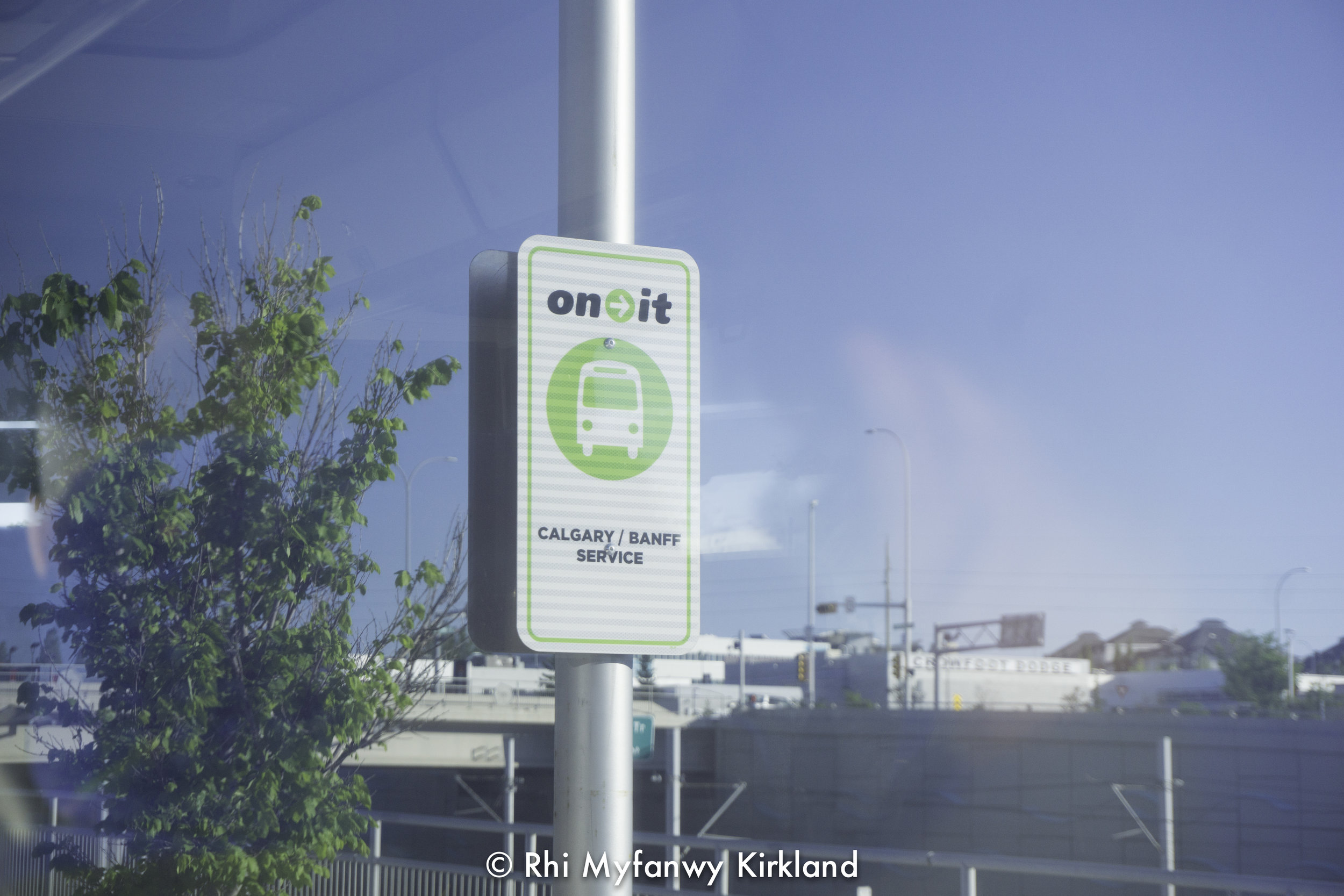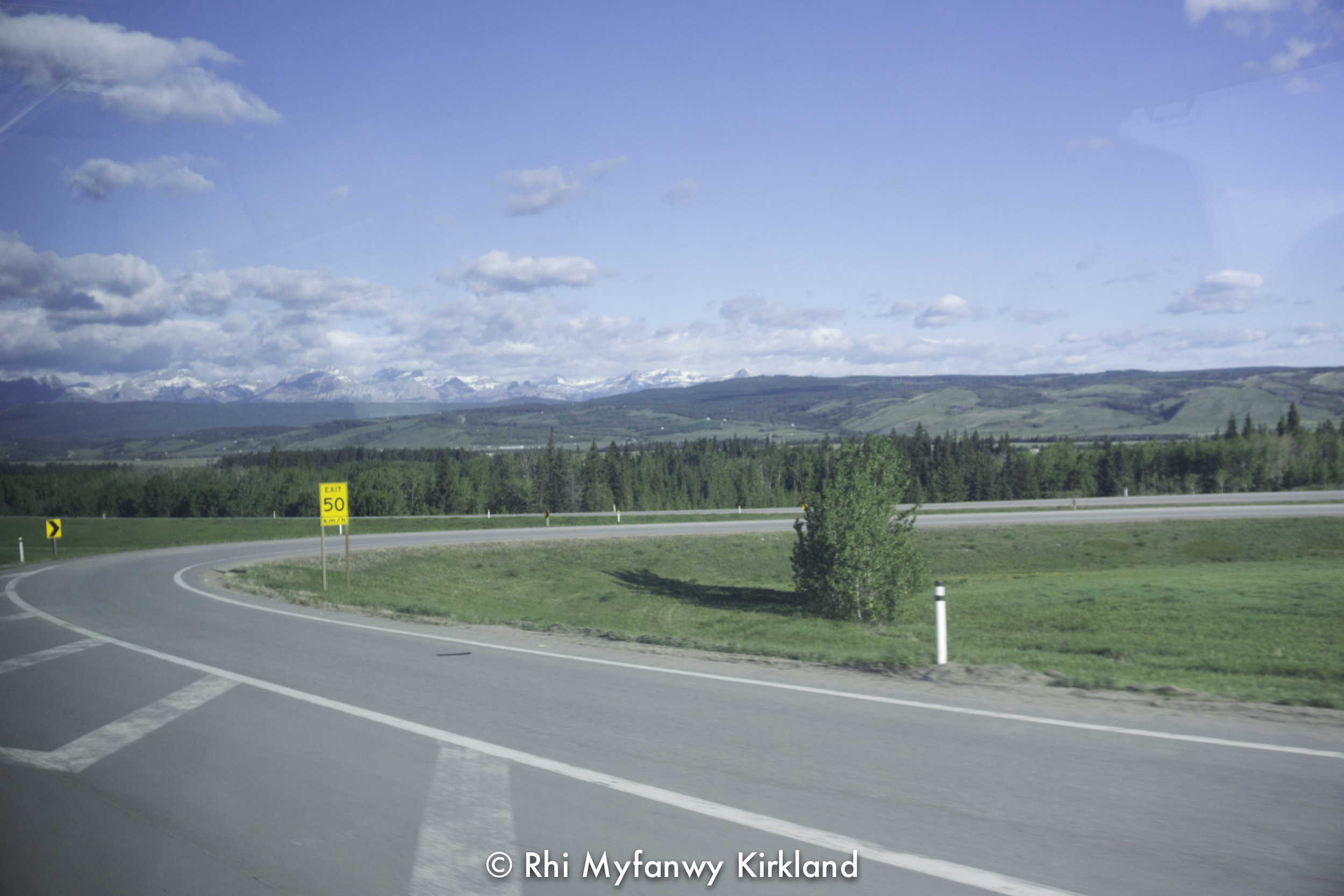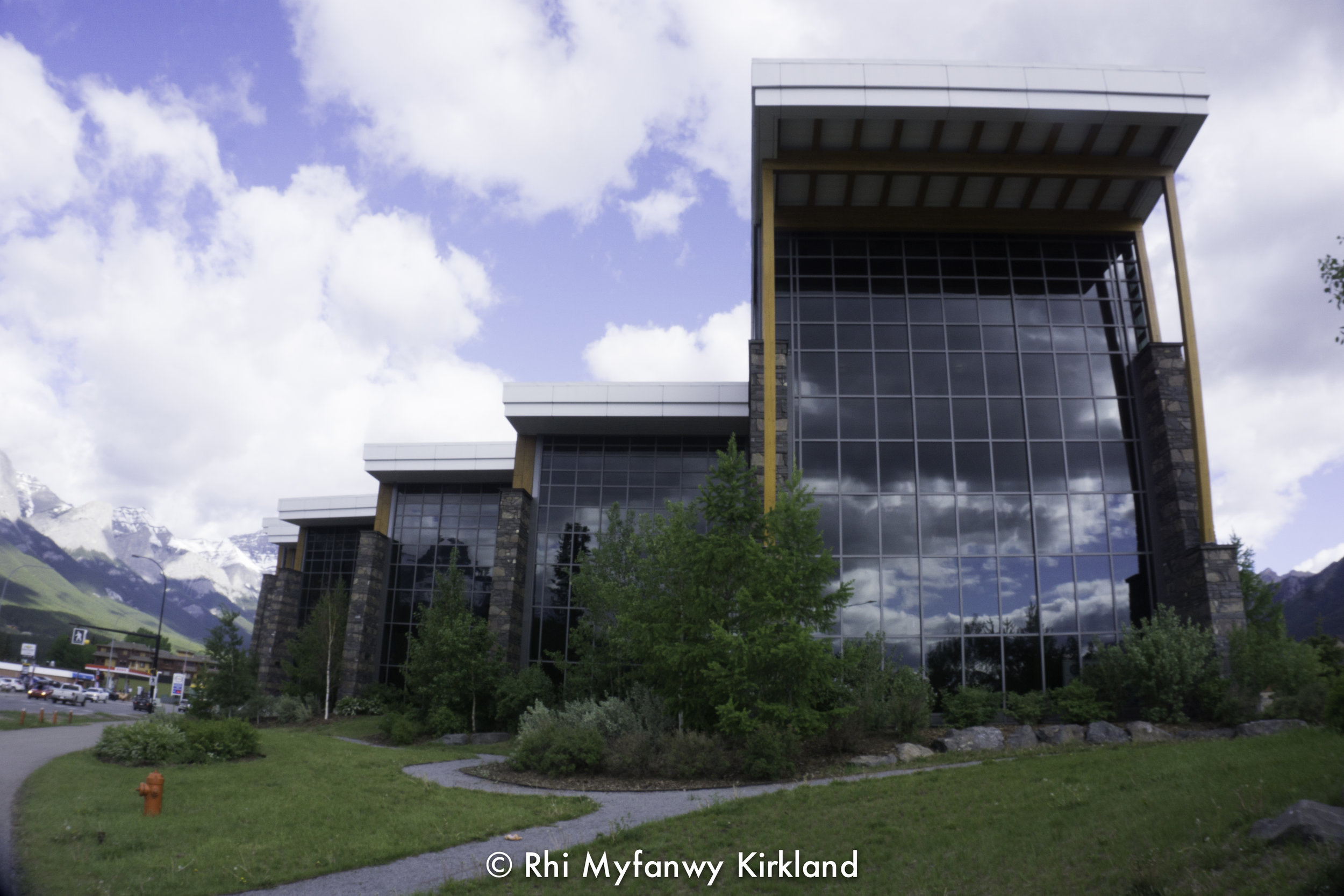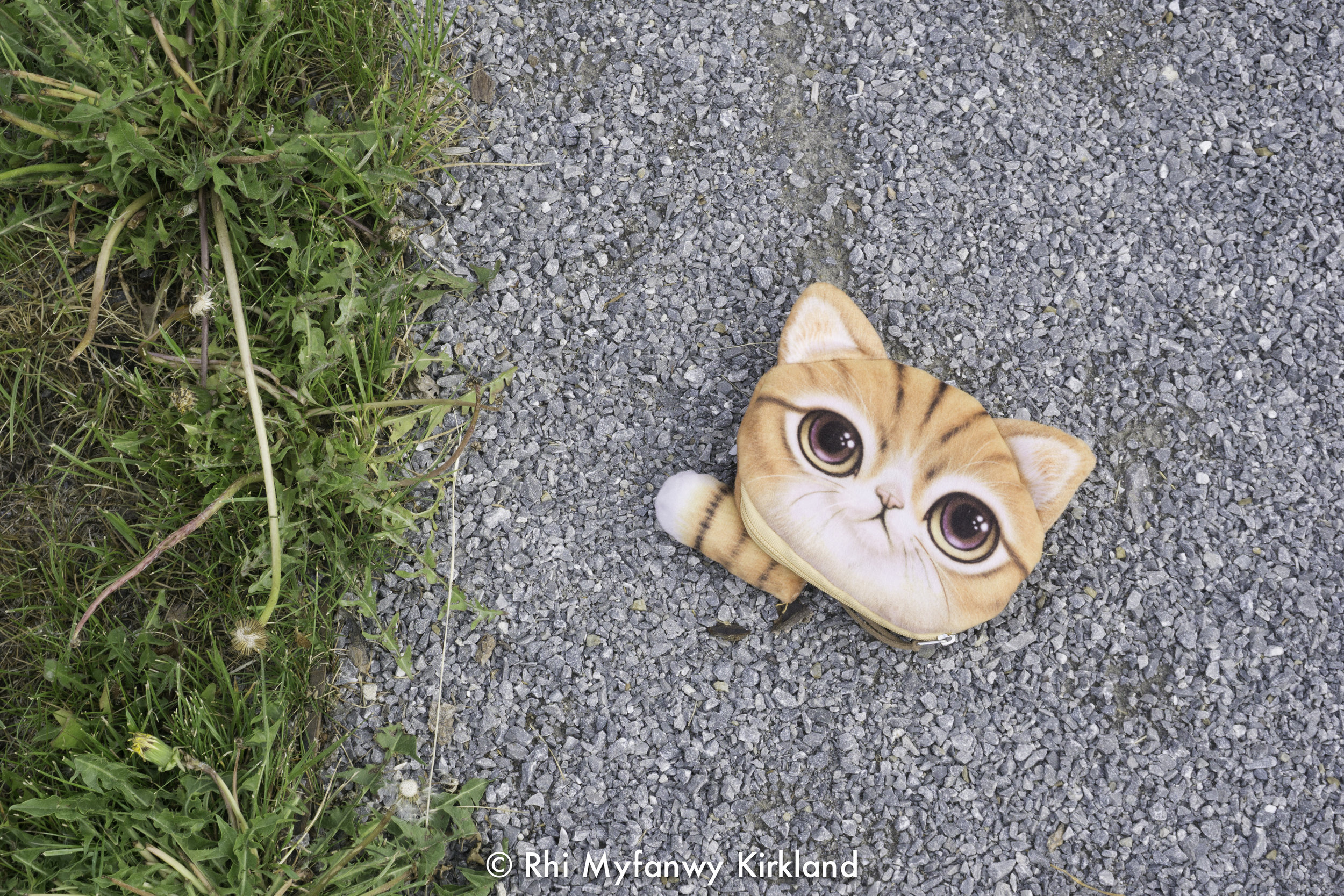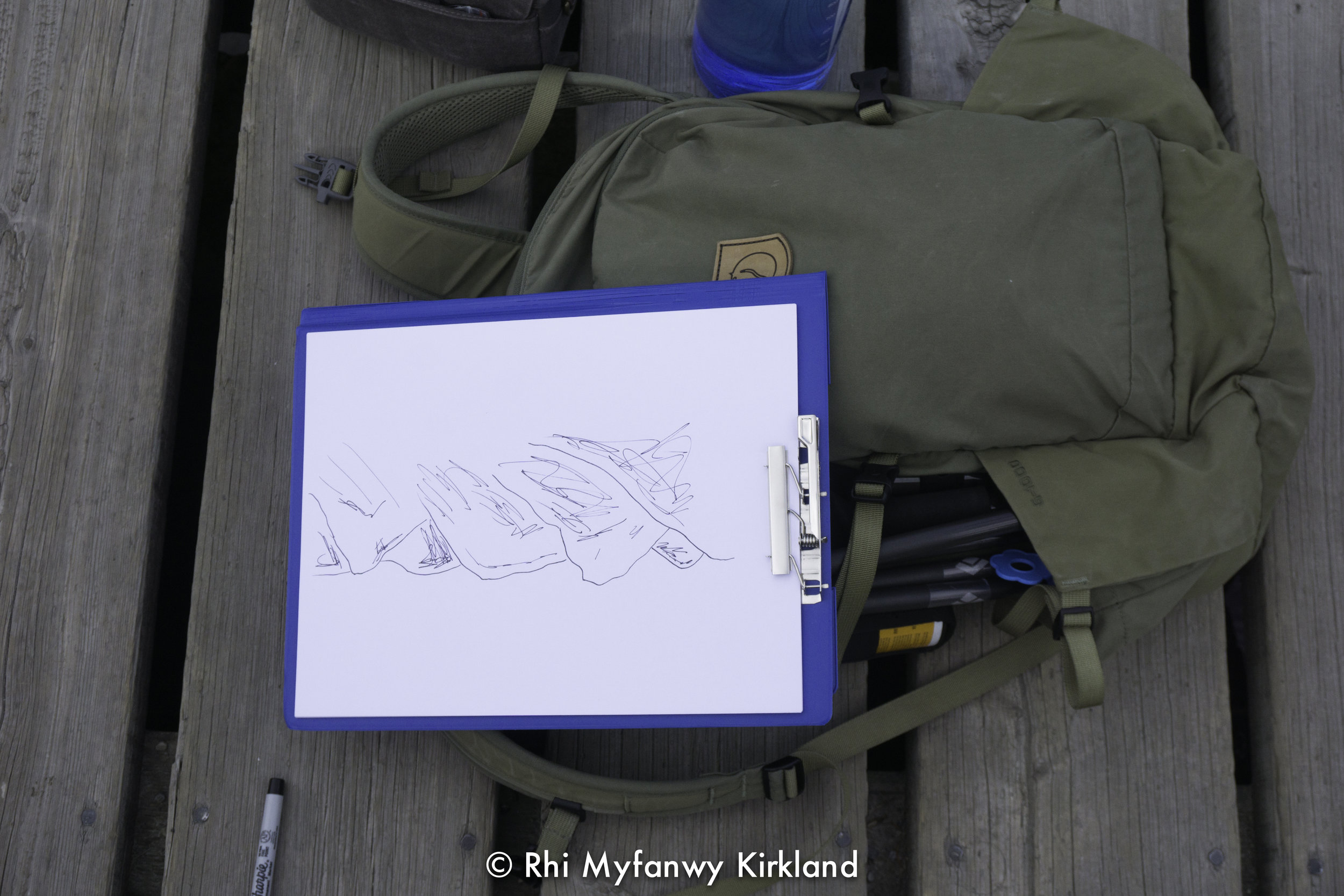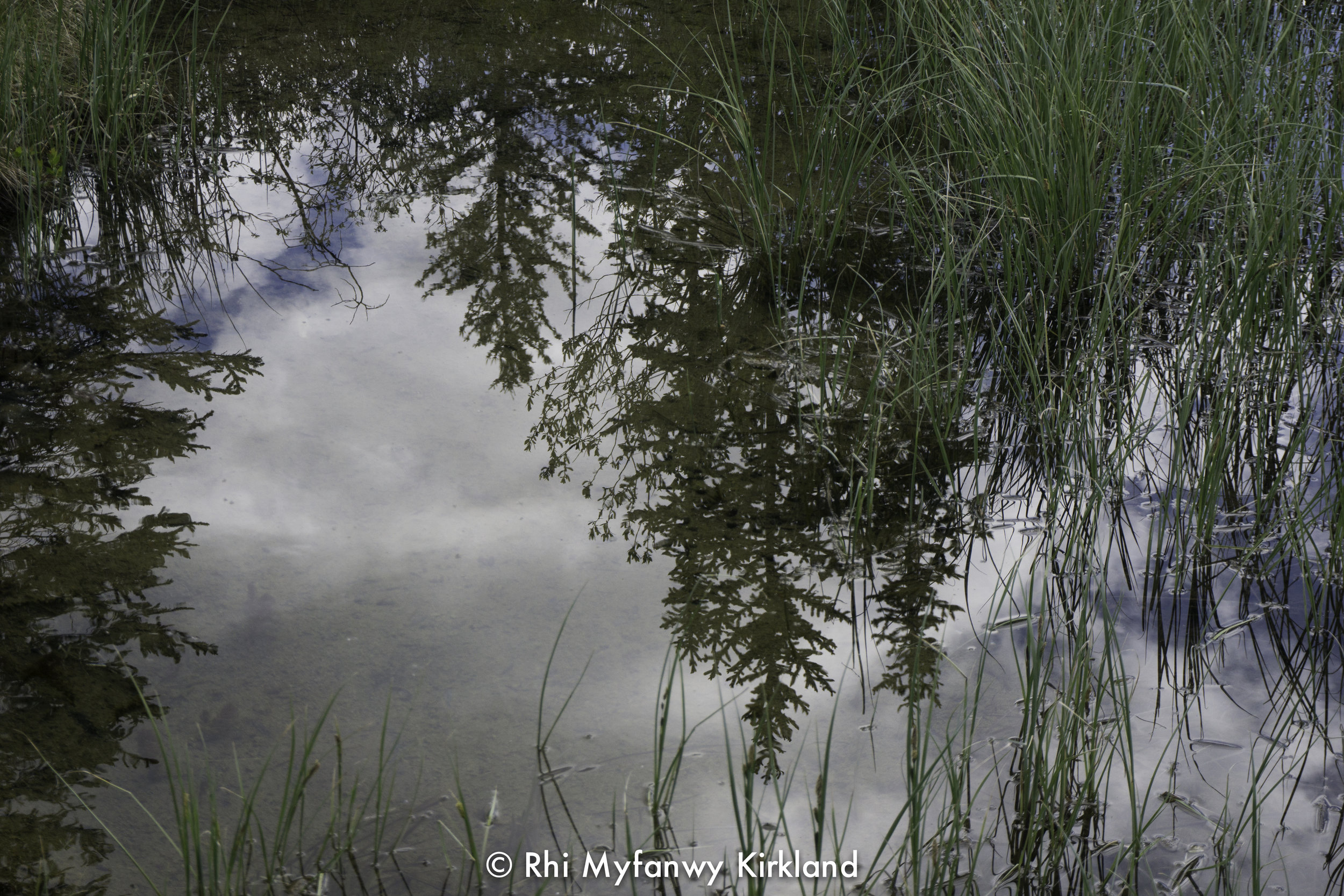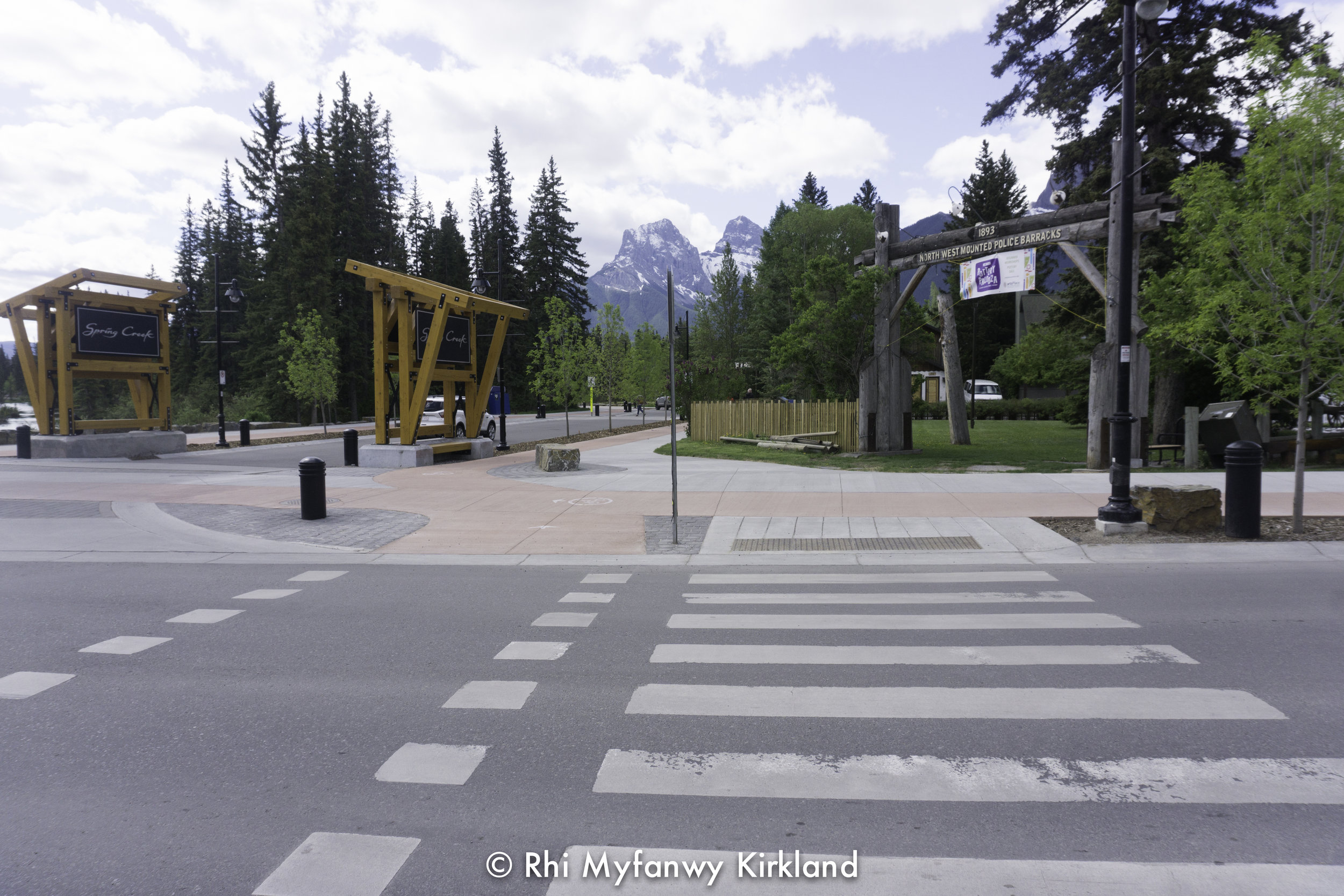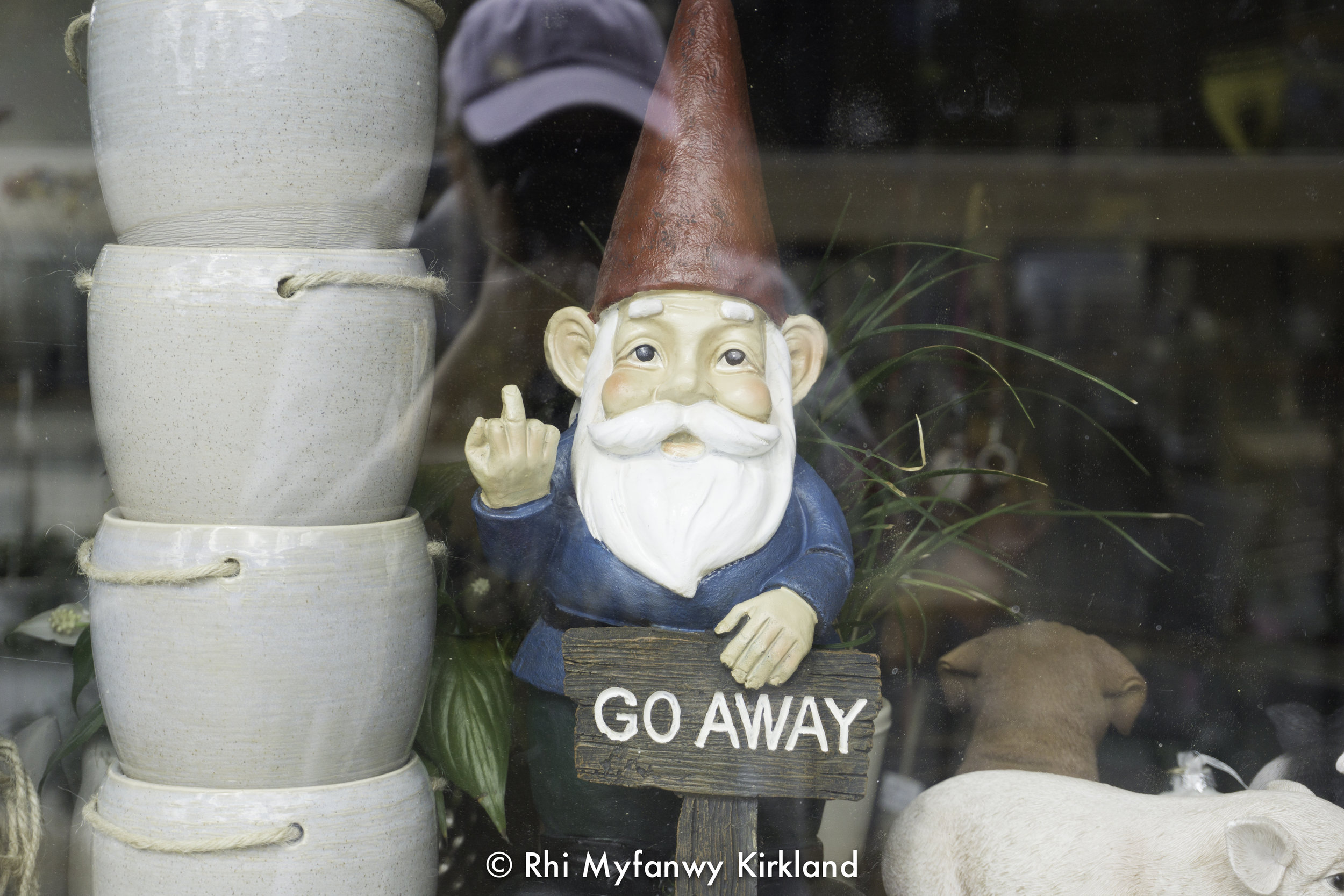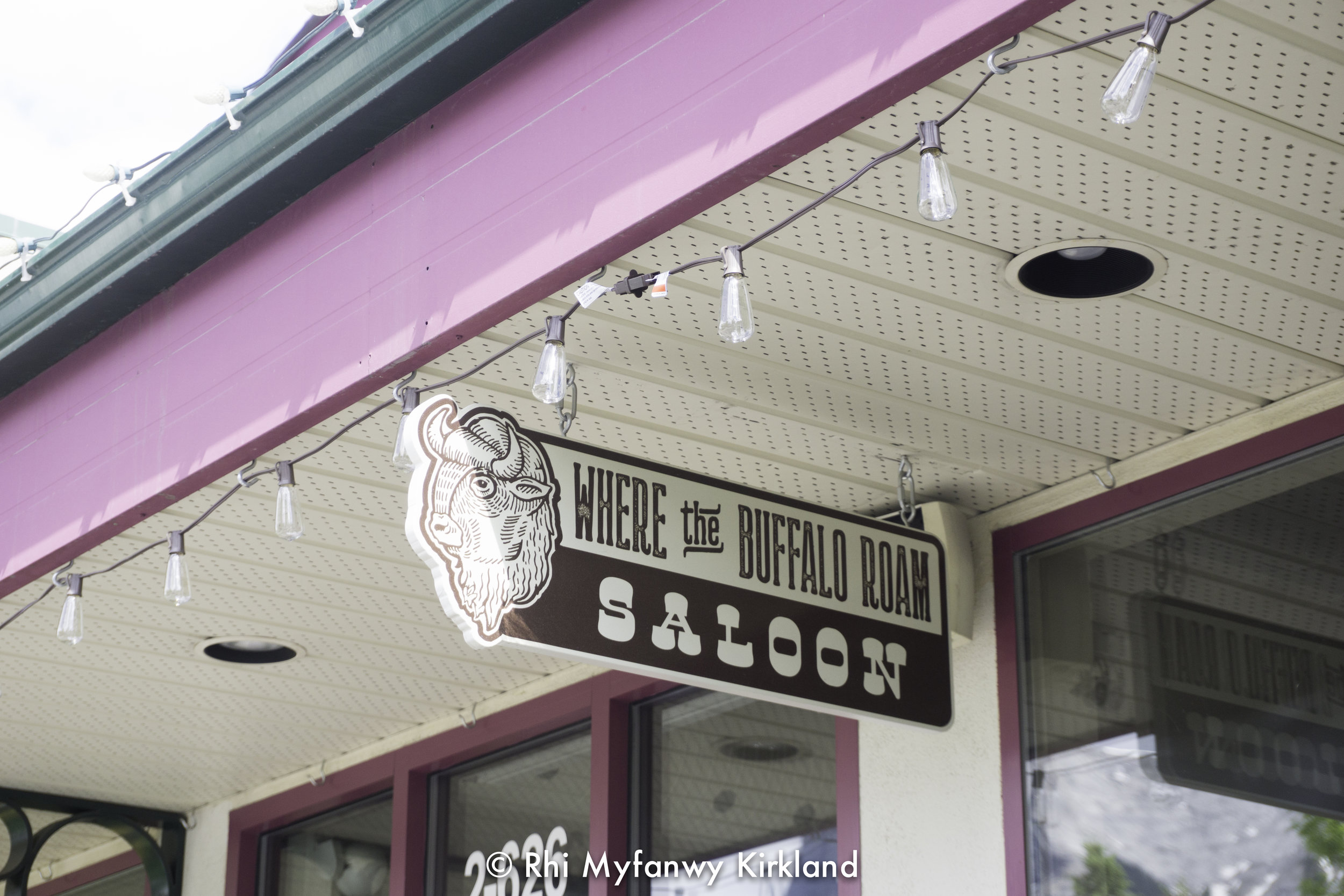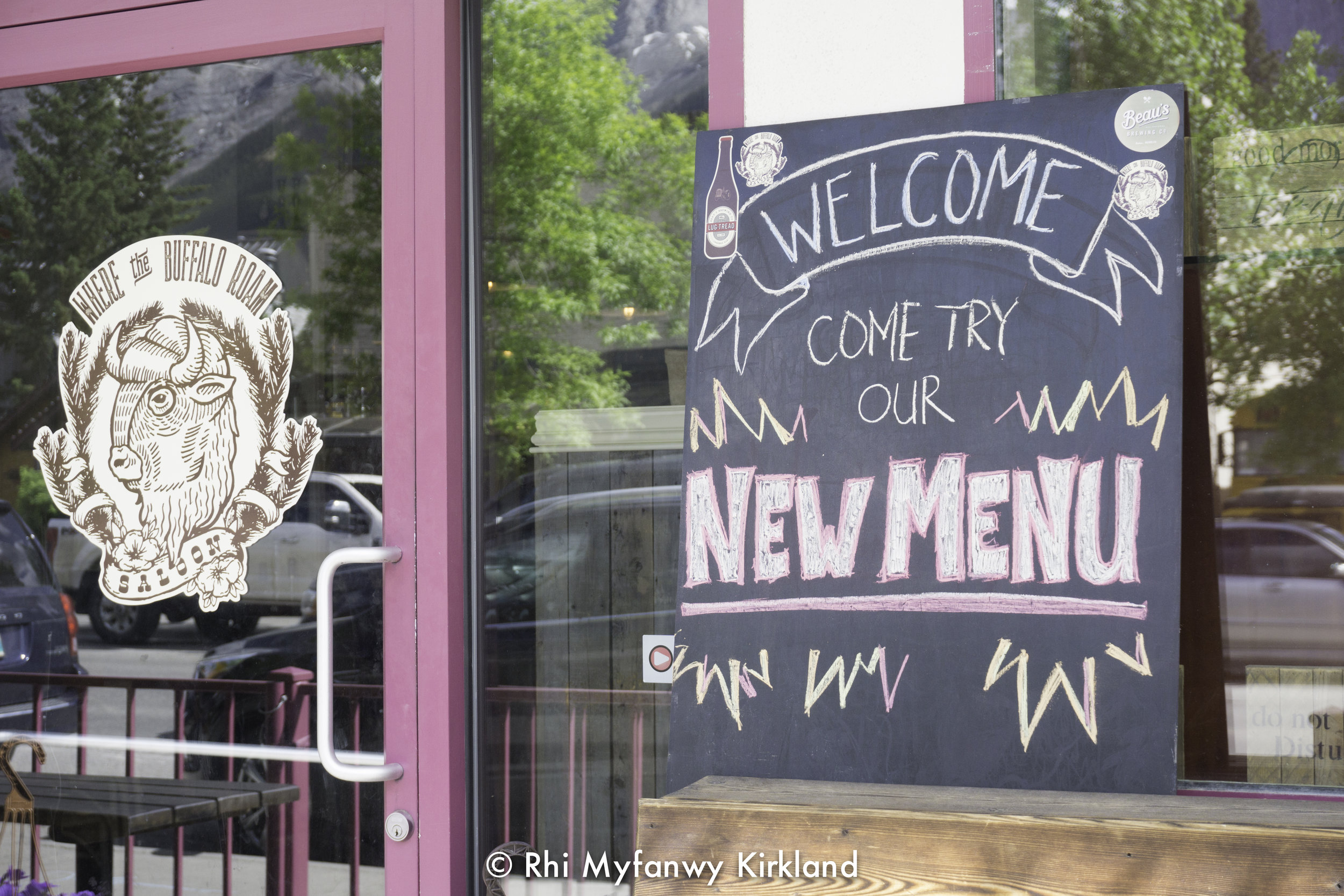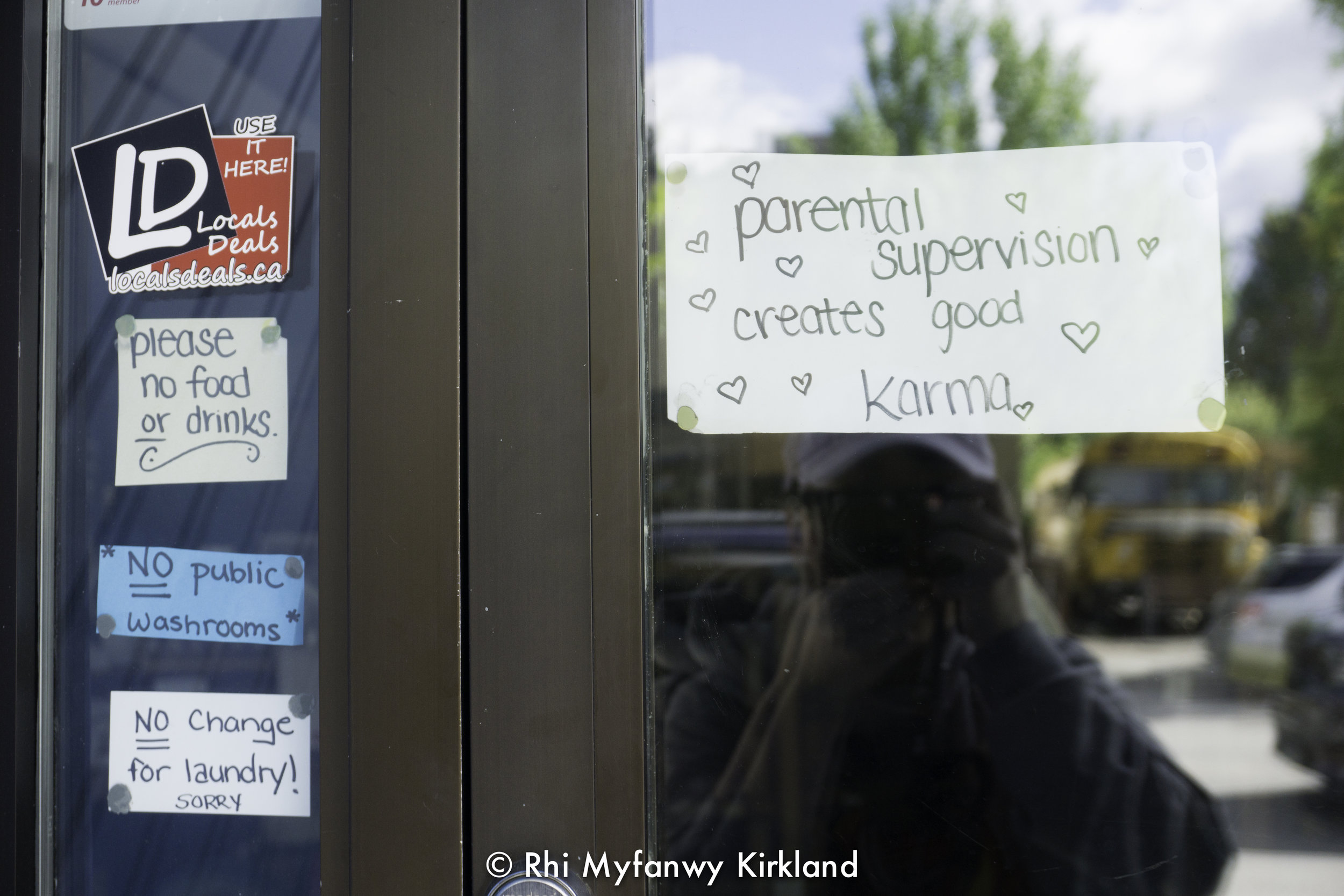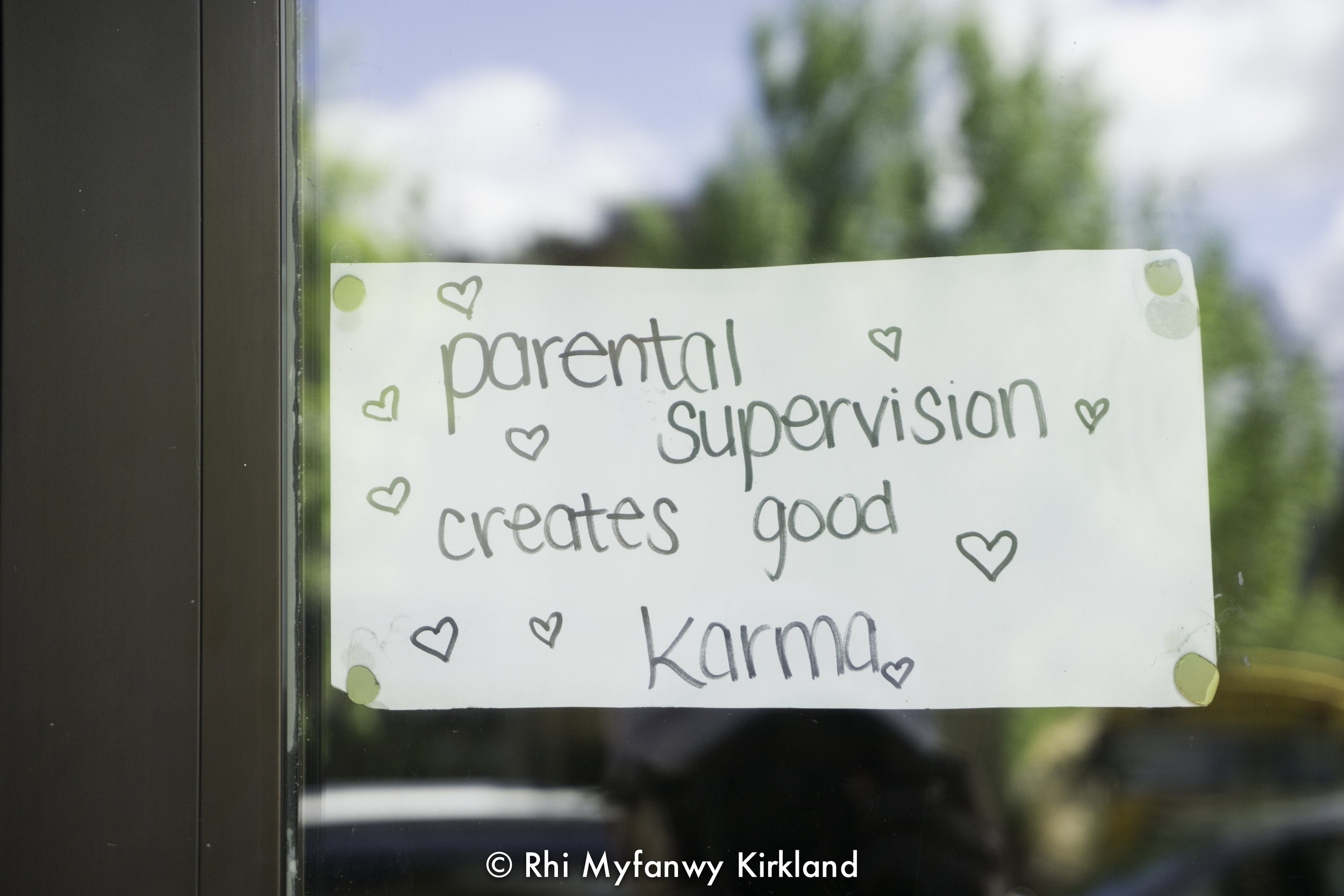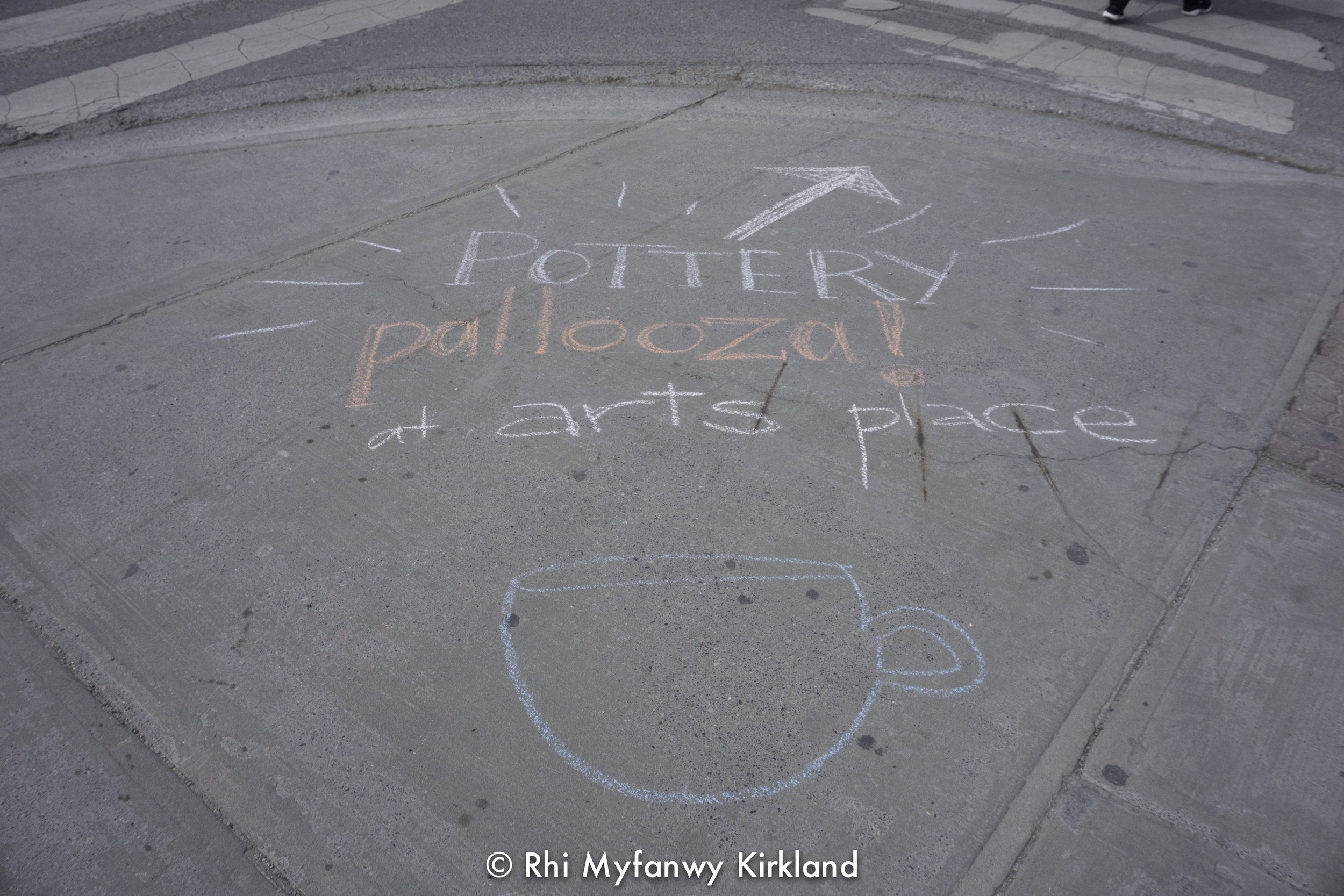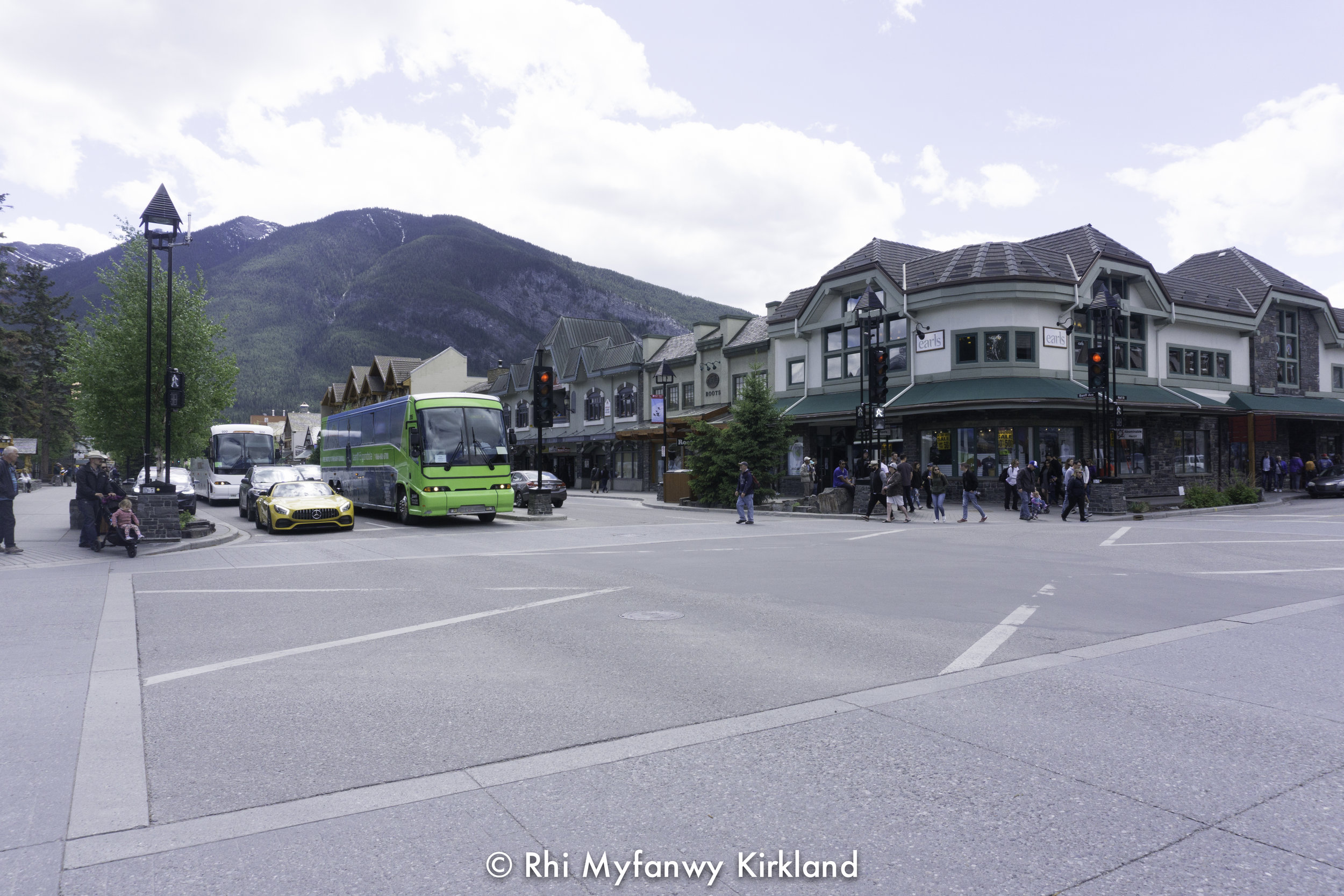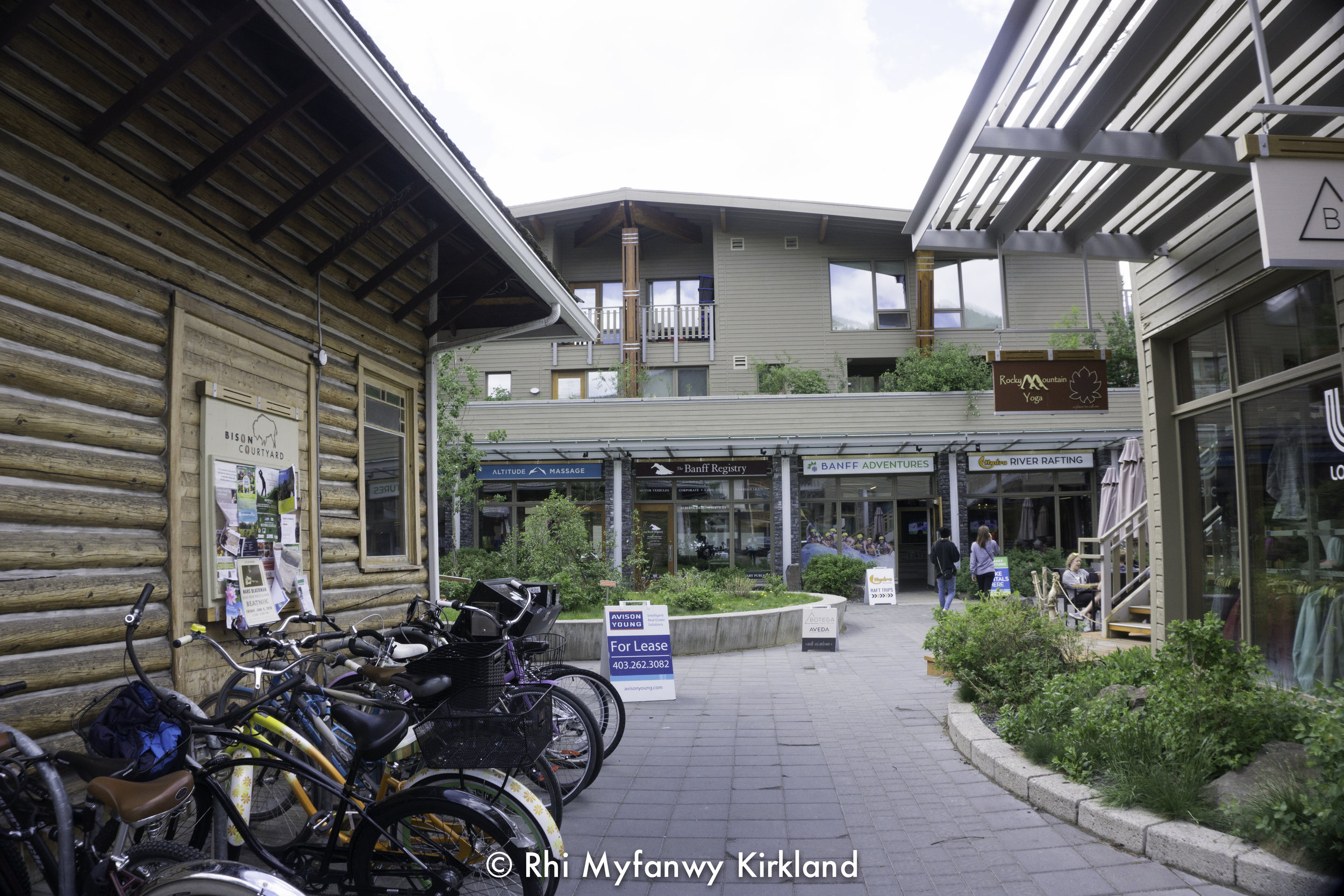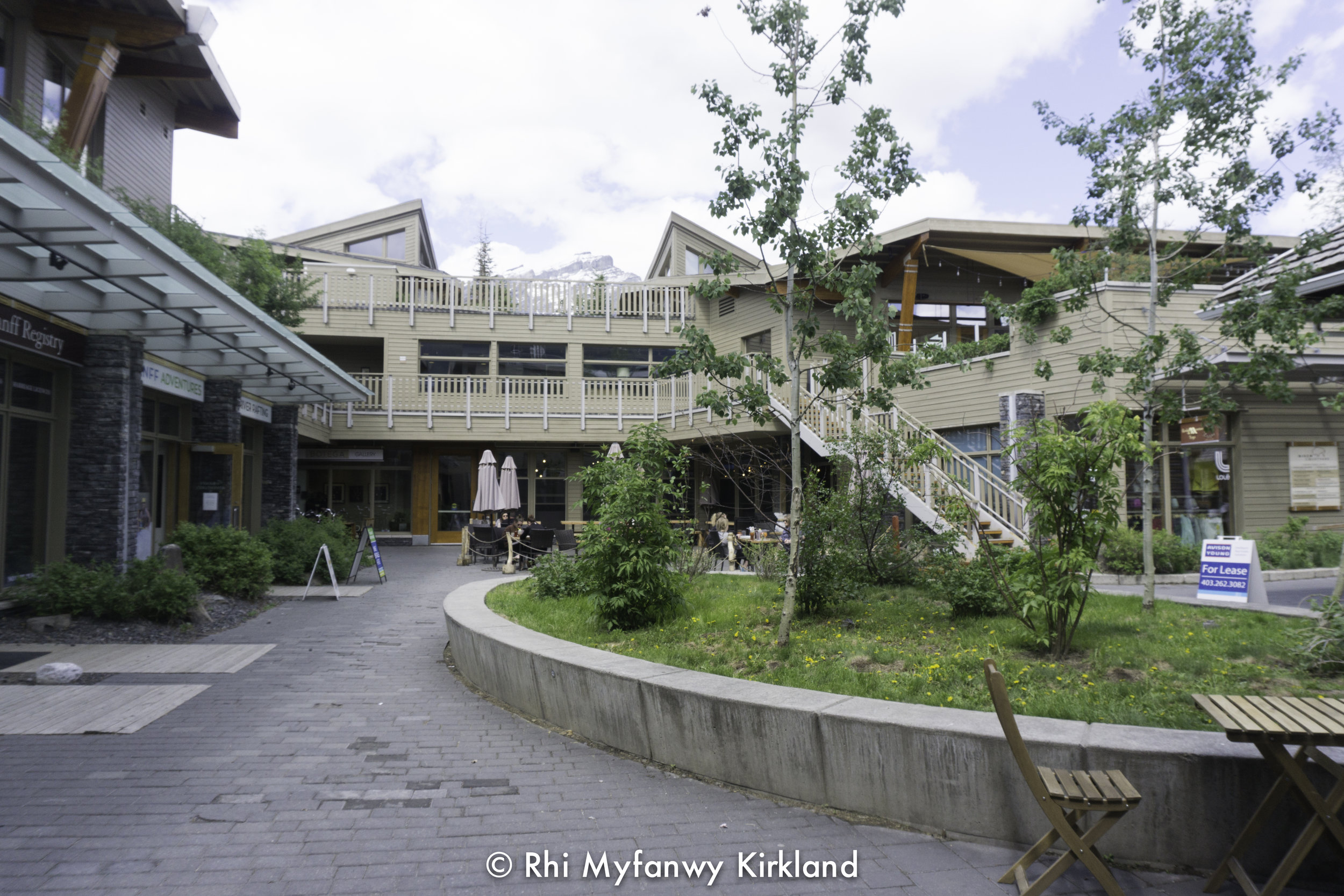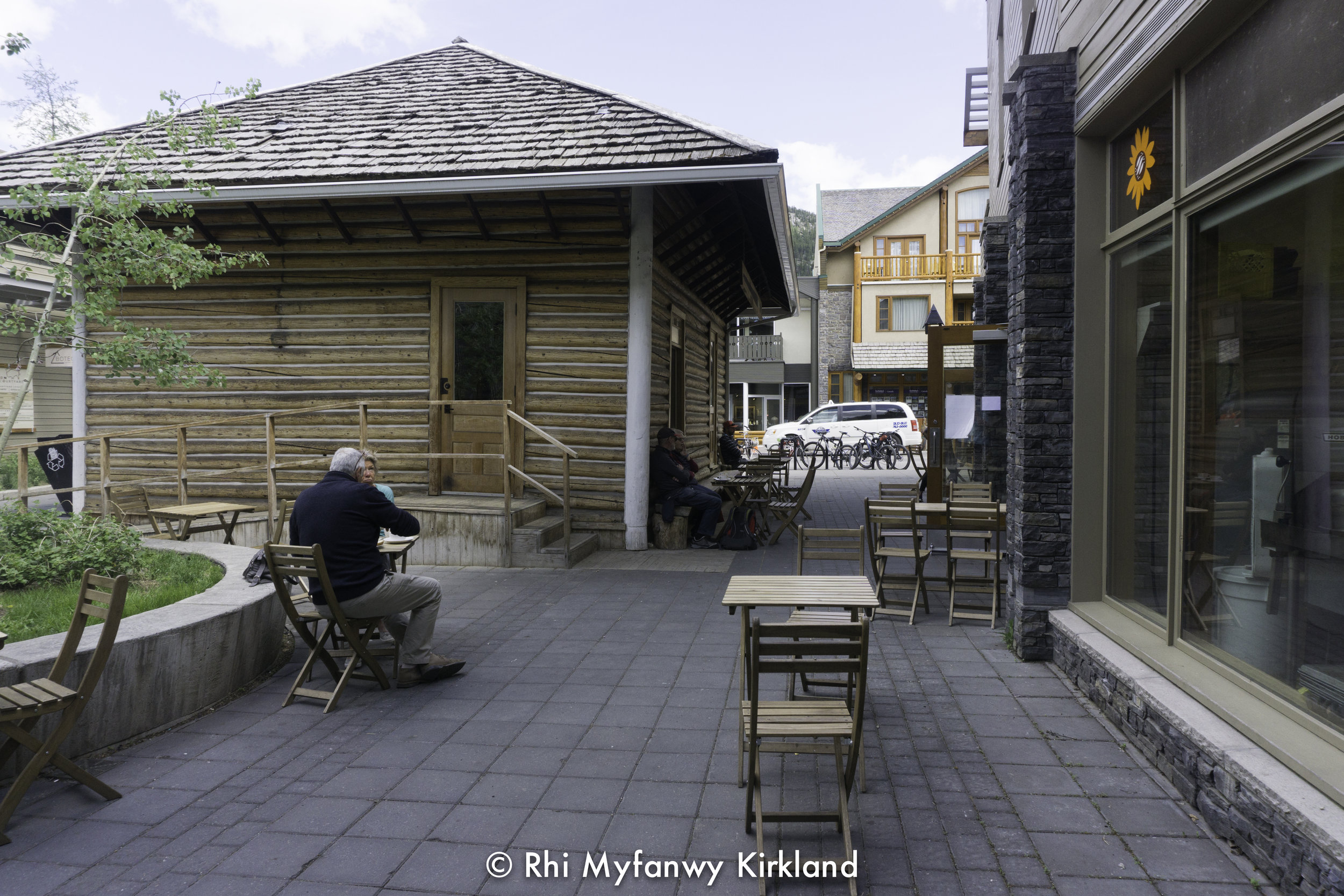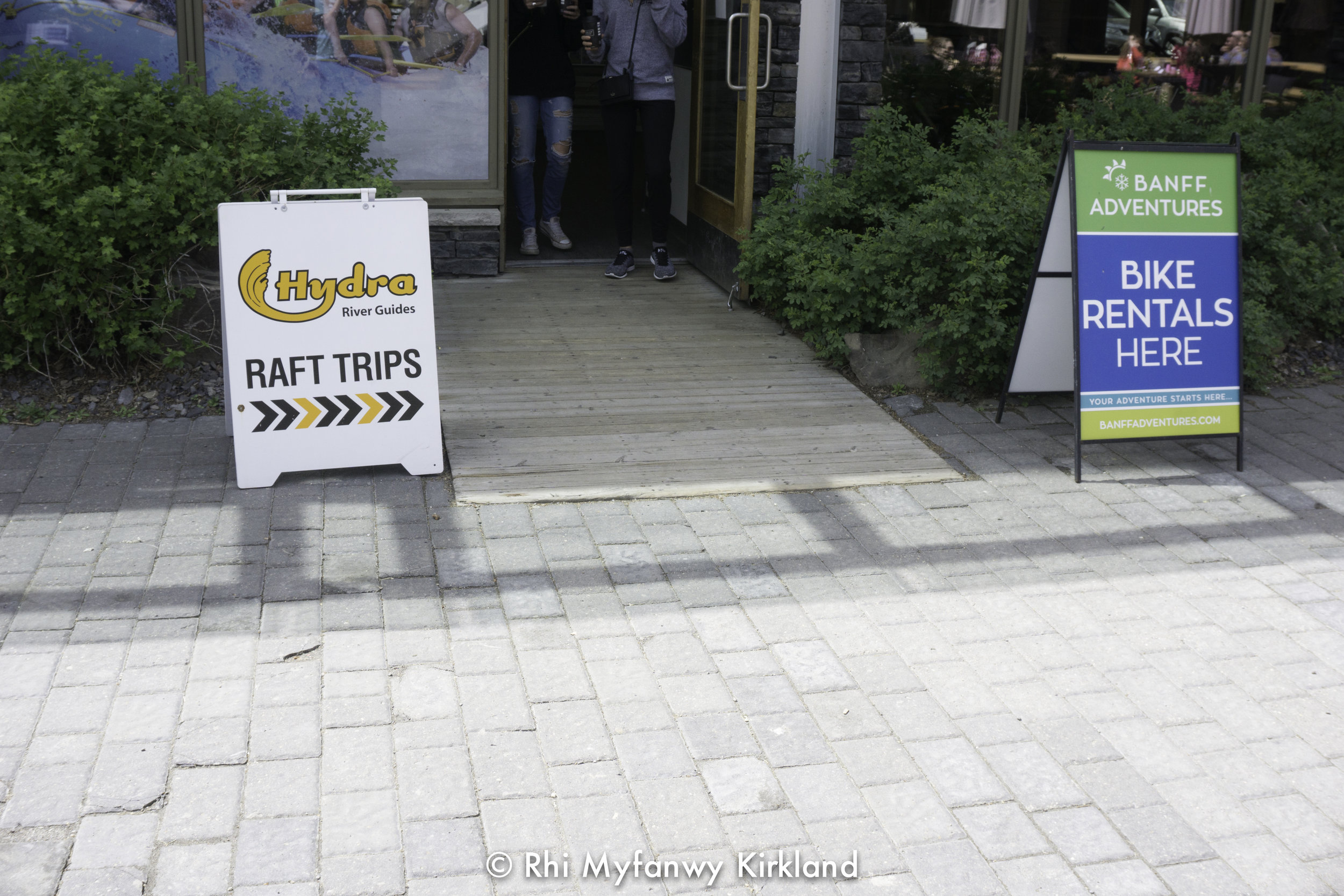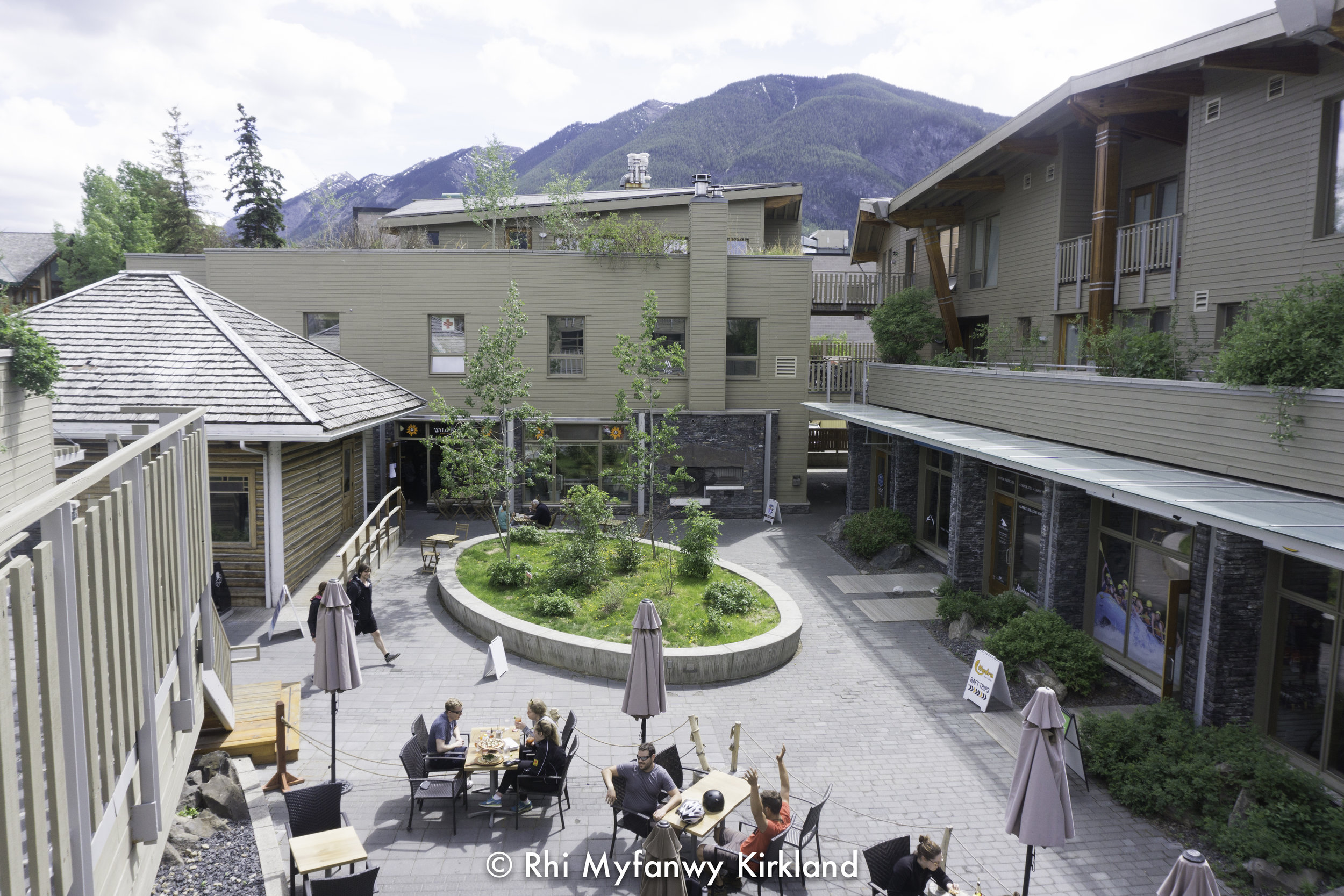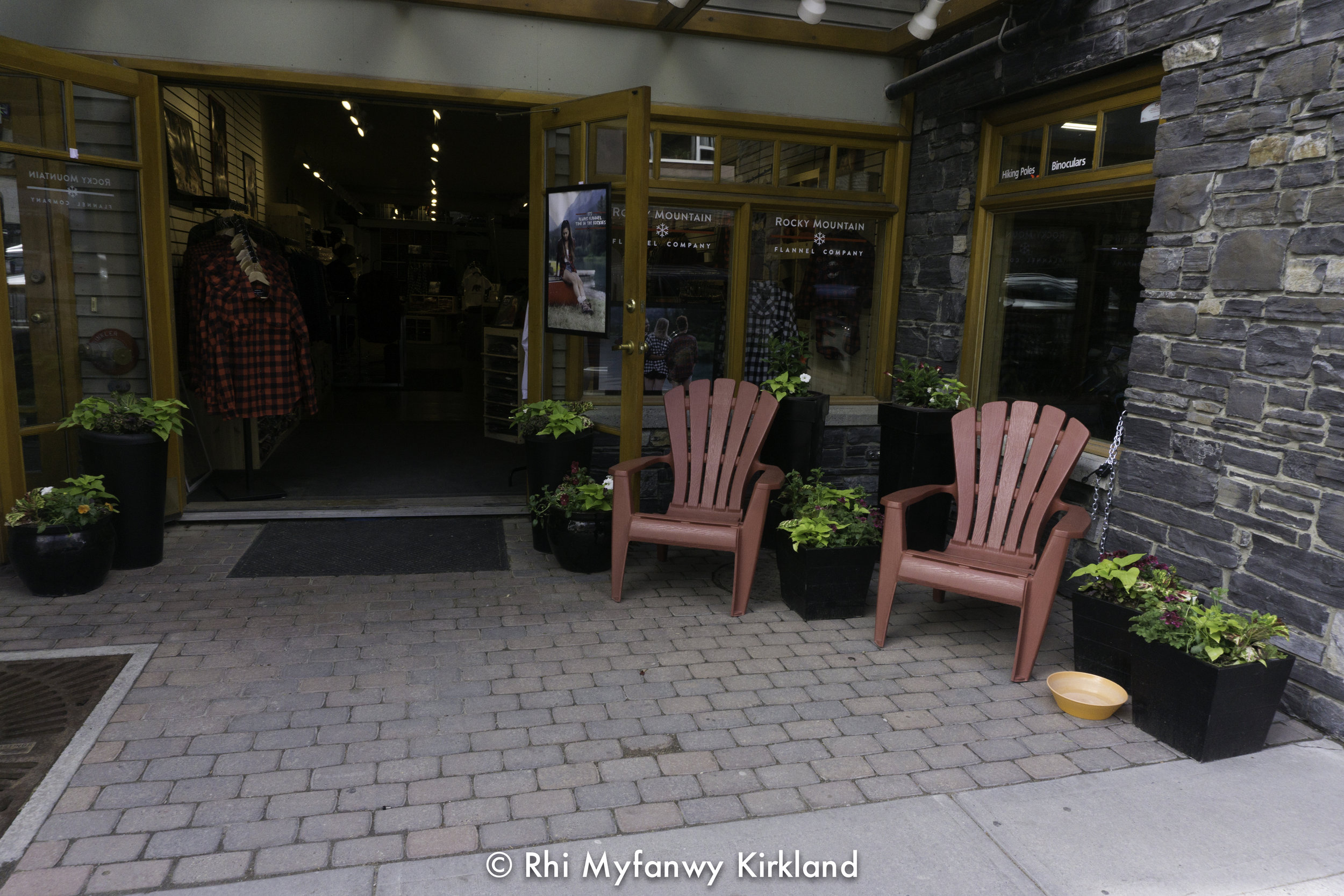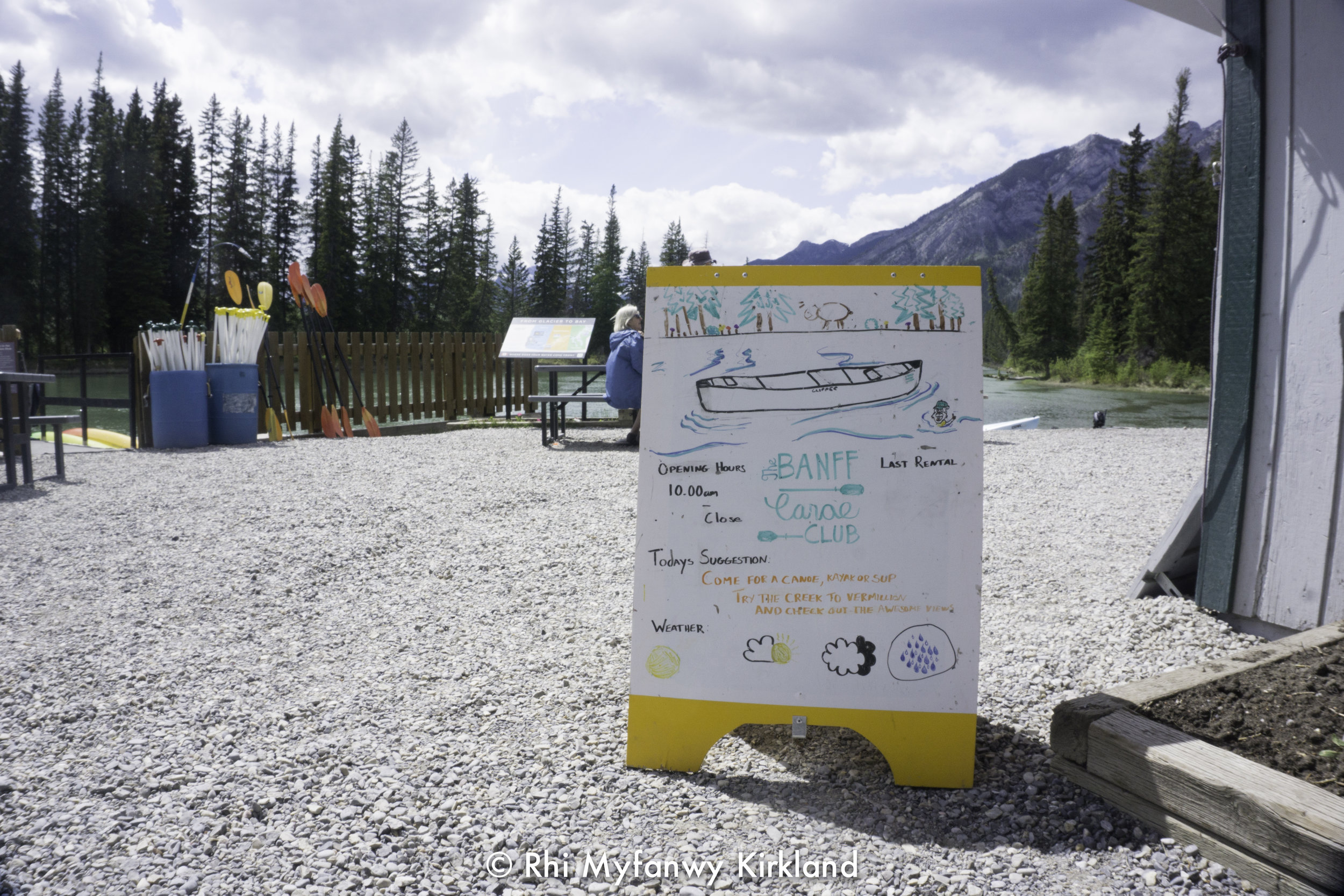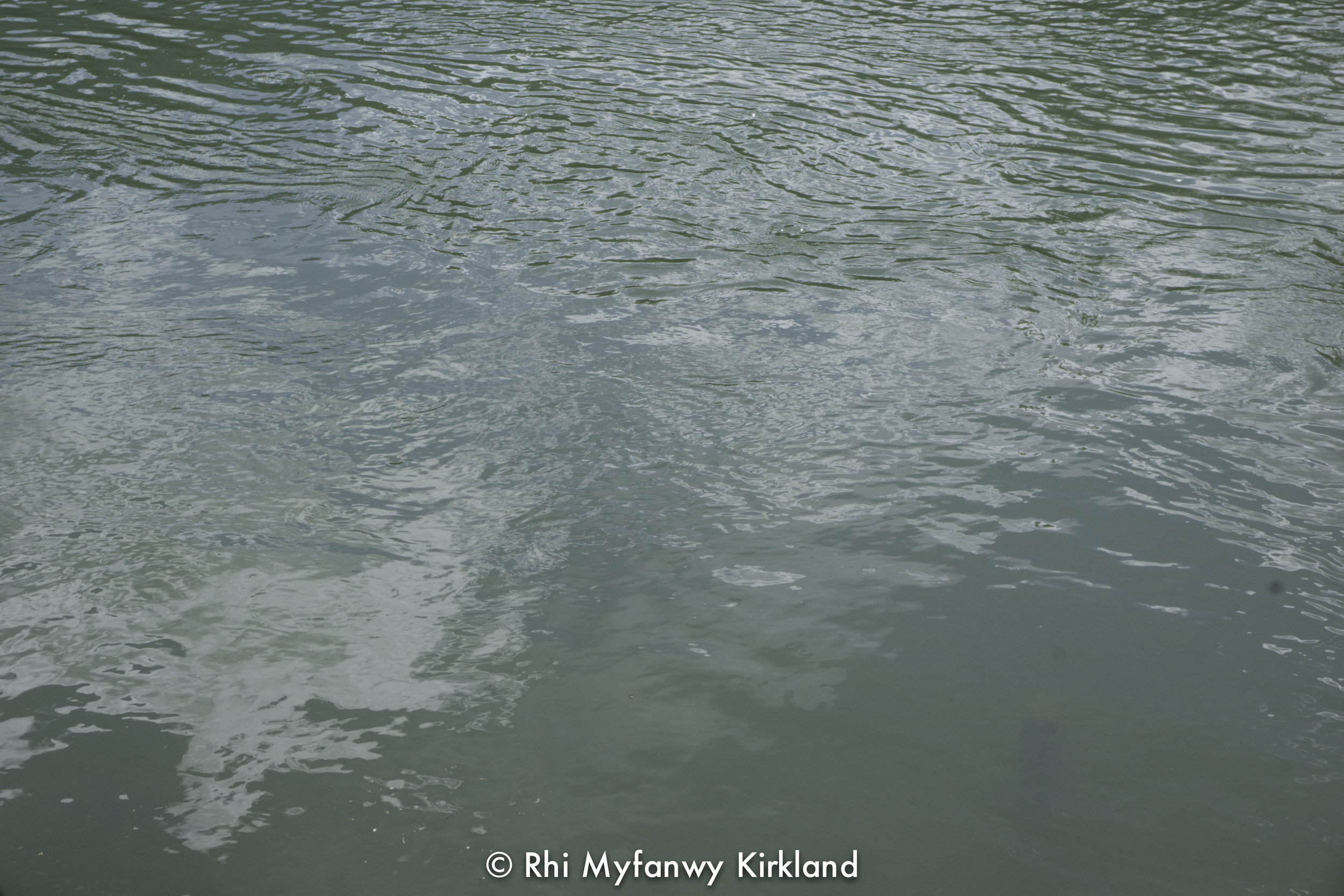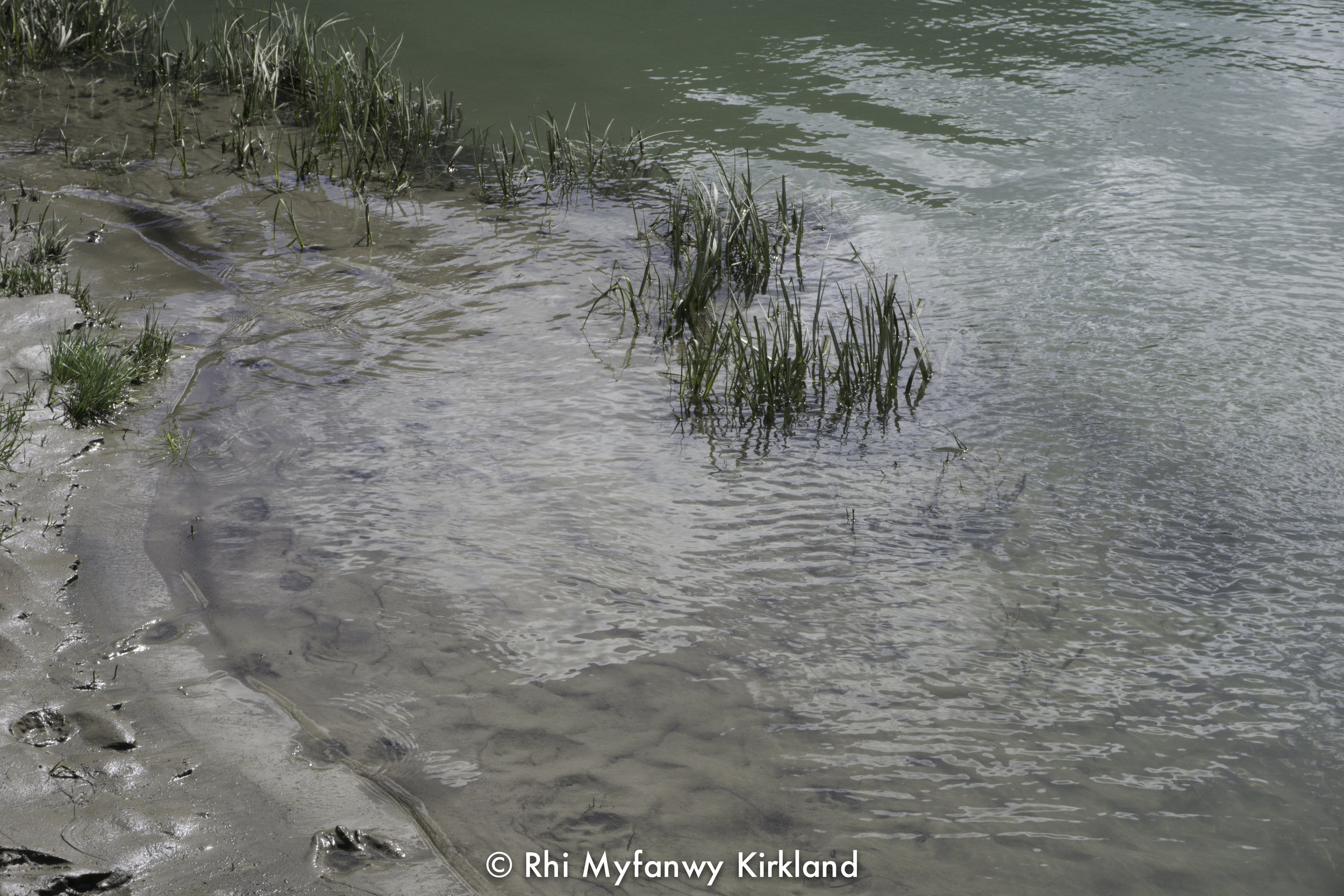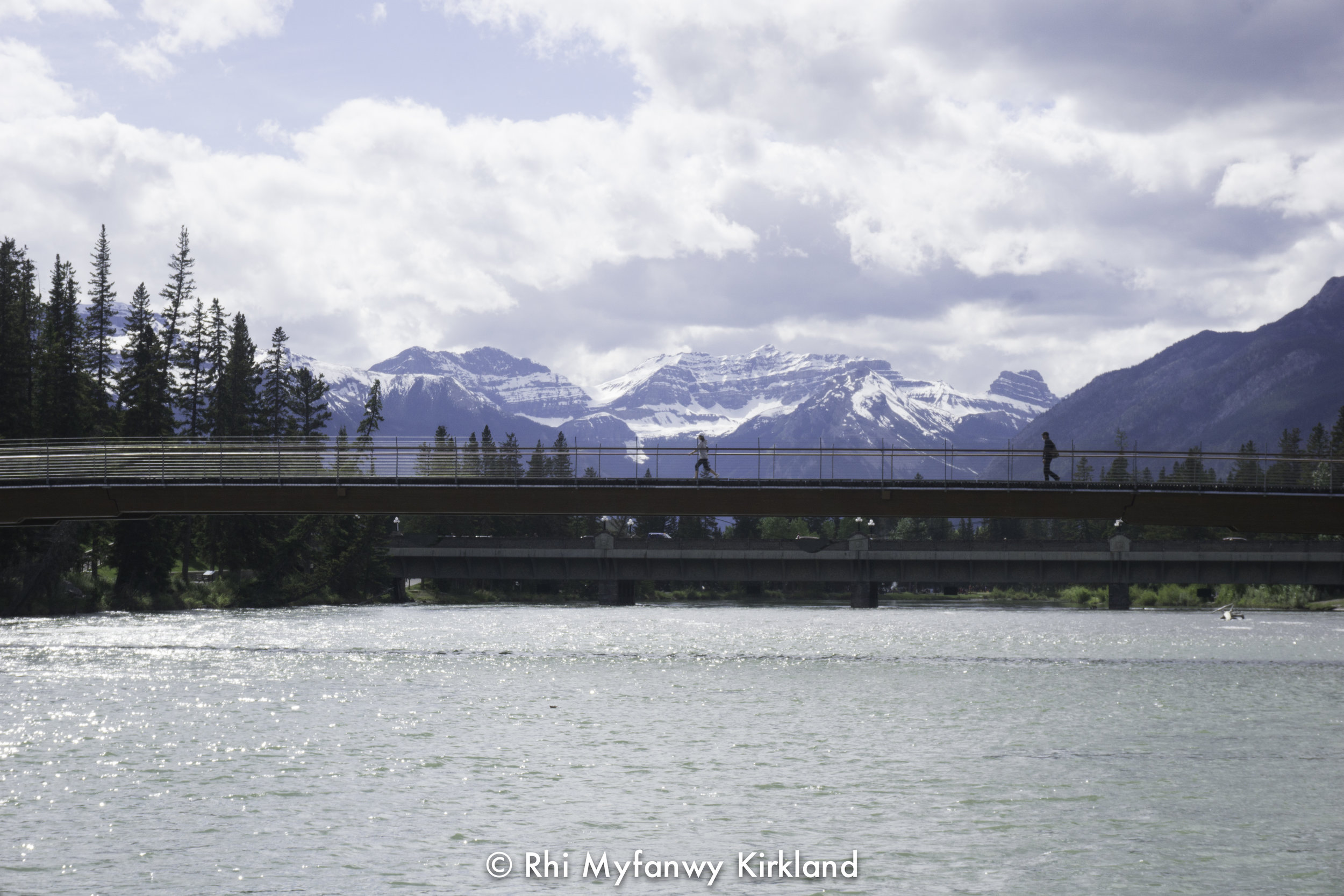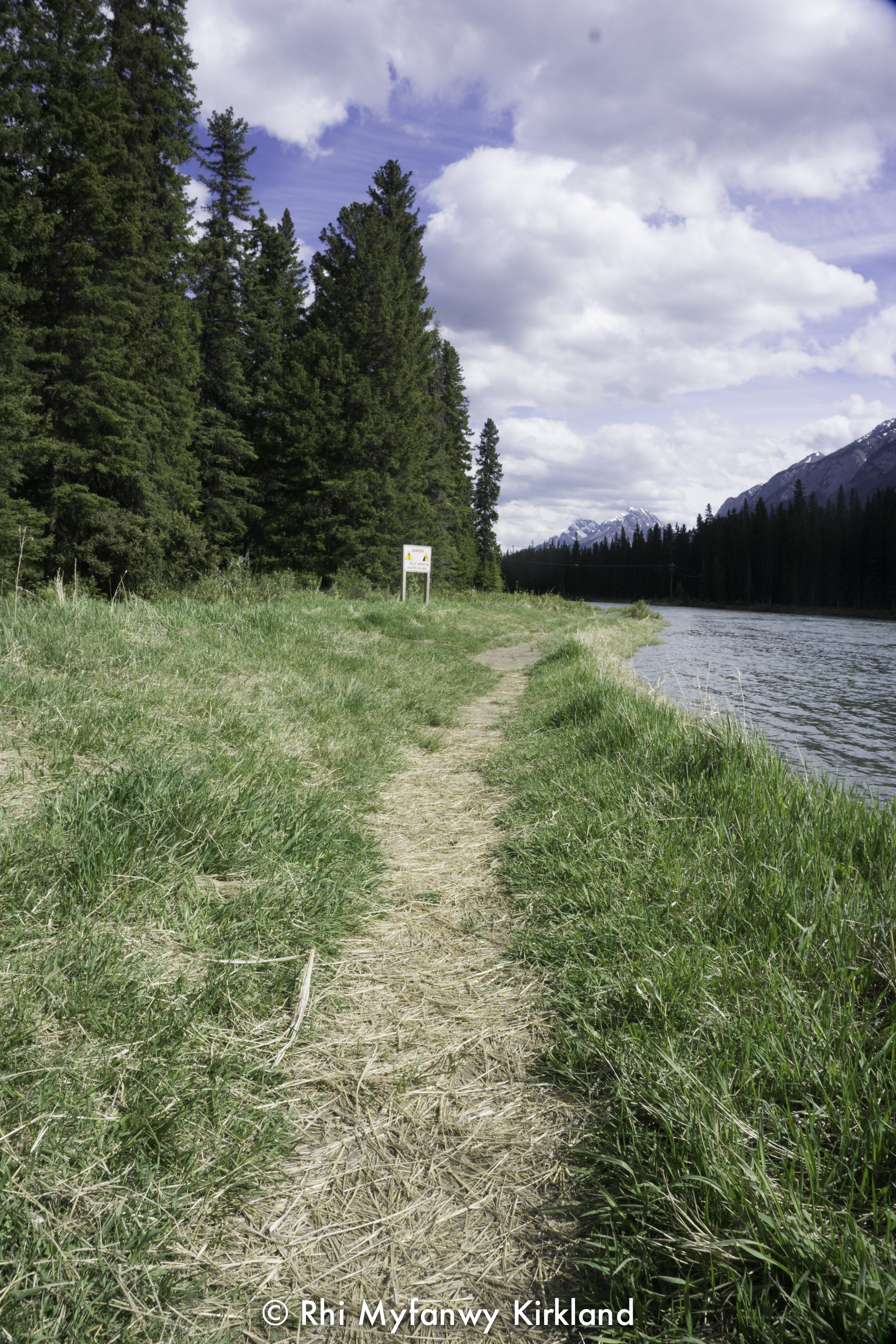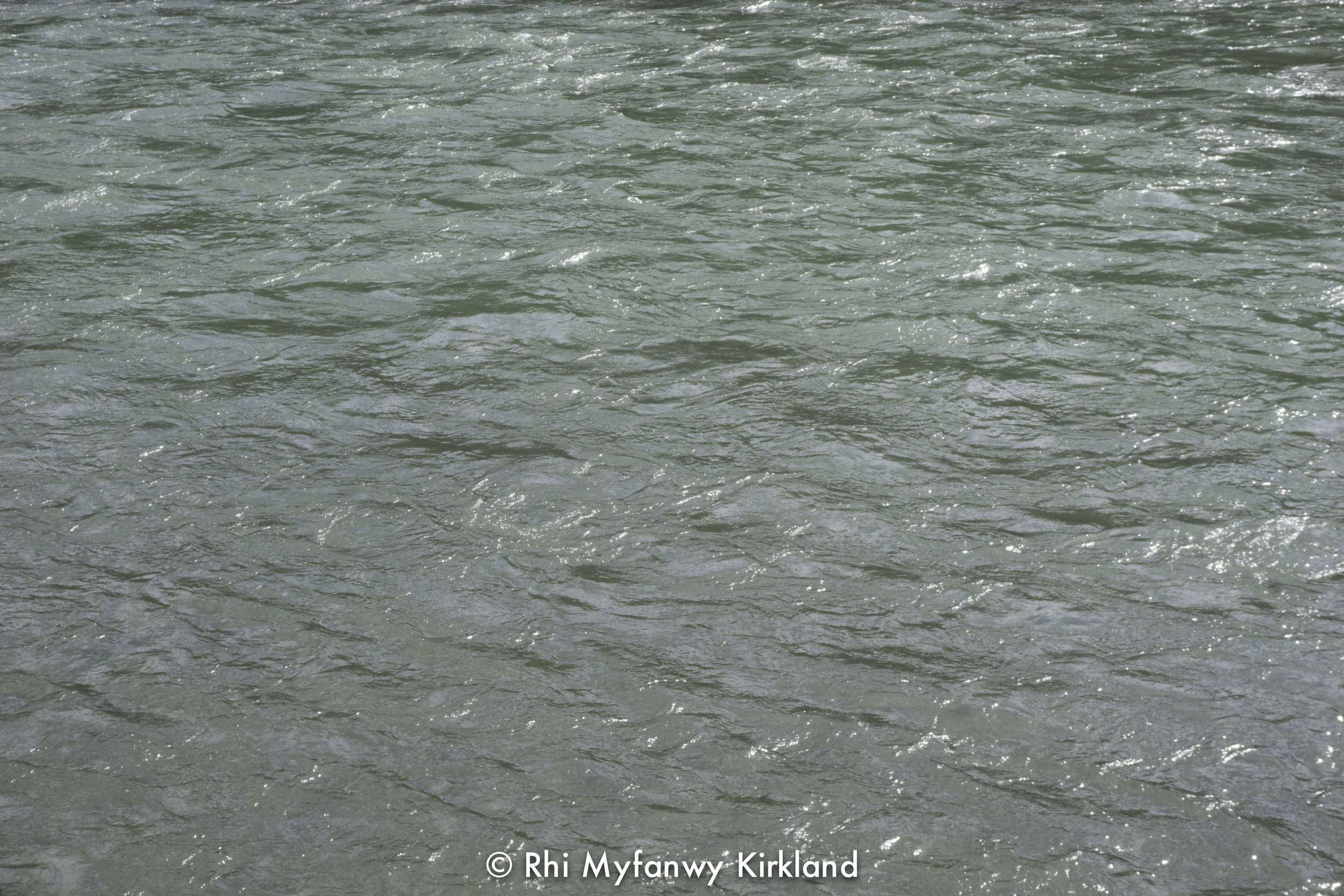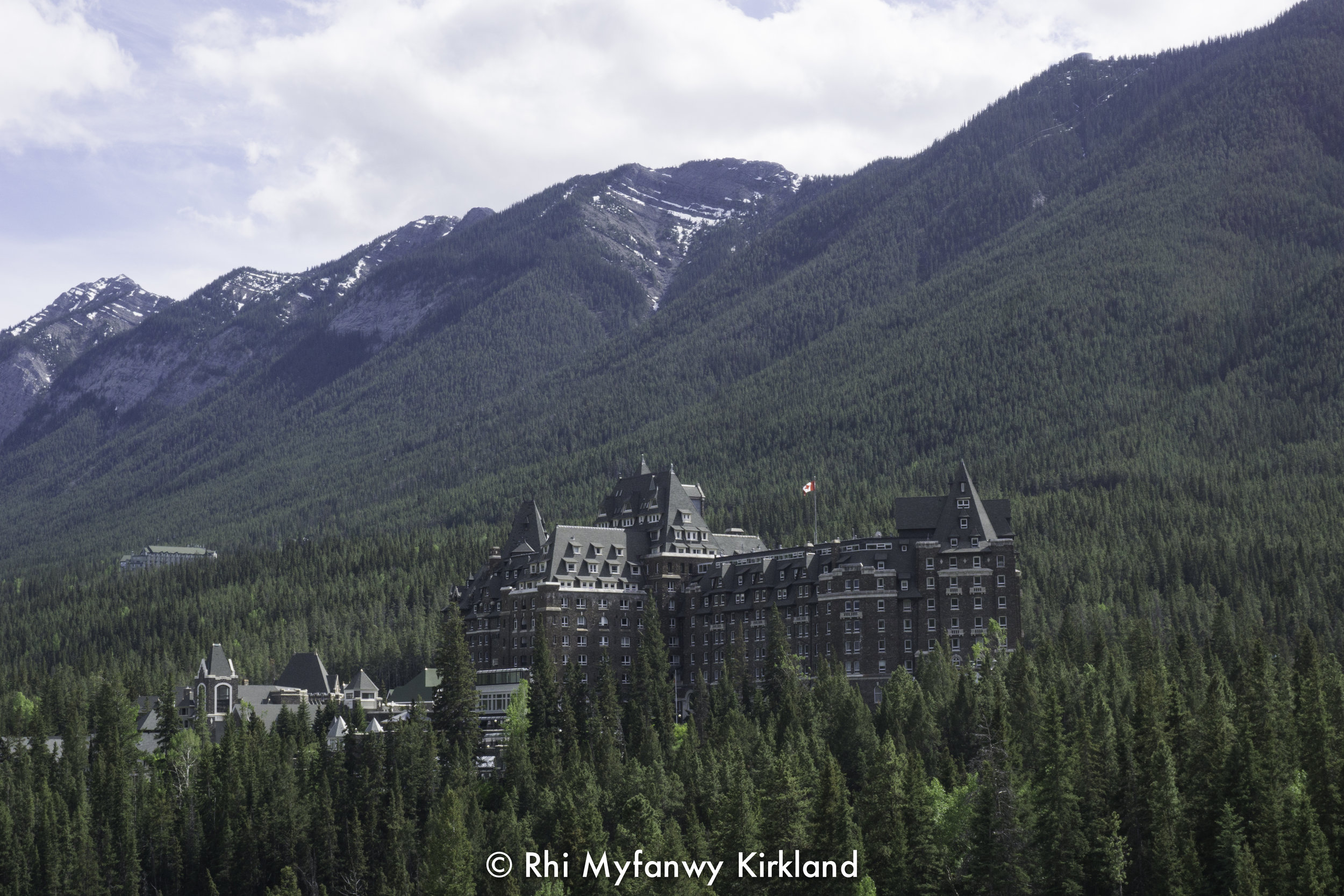I thought it’d be cool to try as a cursive too. Looks like it could be embroidered.
Transit is rad
Play around with fonts and enthusiasm for transit. Thinking about doing a few of these.
Canada's cities deserve and need better
Going on Twitter has gotten even harder the last few days. In addition to the general apocalypse of the pandemic is a vulnerability that will make the lives of most Canadians much worse and harder, whether they’re as attuned to it as I am or not: city after city is announcing serious fiscal strain due to property tax payment issues and other losses of revenue.
Our cities are an overlooked level of government that in our constitution were given to the provinces rather than being made their own level of government. In Urban Nation Alan Broadbent describes Canada as a country set in amber, where that 150+ year-old decision lingers with enormous consequences. The history of Canada is very much the history of our constitution, and how well the structures it set out for us do and do not work.*
Canadian cities unlike those in many other places can do nothing without provincial consent. If they want to introduce new taxes to fund transit expansion the provincial government can make them put it to a doomed vote as happened in Metro Vancouver in 2015. Provincial leaders can interfere with and alter municipal structures as Doug Ford did when he changed the number of seats on the City of Toronto’s council midway through an election campaign. Norms made it risky but he was free to do it because municipalities are the responsibility of provinces. Toronto has long been meddled with for broader goals, which is in part why the amalgamated city exists today.
Our cities are dysfunctional by design. In part the design of many moons ago and all the unintended consequences of those choices, and in part the design of MLAs and Premiers who don’t think cities are proper levels of governments deserving the same taxation powers they and the feds get. Those same MLAs and Premiers are happy to download responsibilities as are federal governments but those increased responsibilities are not joined with the means to pay for them.
I was a political science major in undergrad. I started out thinking that international politics and federal politics were the place to be. Then I got into urban design and realized that the politics of what my street looks like were what I found the most interesting. Urban designers decide how we live and how we die in a very immediate way. Will you be active? Will you get hit by a car? Can you get where you need to go? Is there anything to do near you? How much money do you have to have to live somewhere nice?
Maybe I’m biased because I have an MSc in Urban Strategies and Design and I’m a Master of Landscape Architecture student, but cities matter a lot. Municipal austerity will make my life much worse and it will make your life worse too. Although it’ll hurt a lot more if you’re vulnerable and really need those services.
Canada’s cities make due with what they have but underperform compared to many places that have different frameworks for how their levels of government work and how things are funded.
Take transit, which is facing a critical crisis in Vancouver. Unable to borrow and not currently collecting fares Translink is in crisis and talking about deconstructing their services. Even before this horrible phrase came to dominate the future of transit in Vancouver the network was inadequate and underbuilt. Compared to many European and Asian cities our transit is quite poor. Ridership is increasing and buses are being added but investments in rapid transit (aka Skytrain) are slow.
By comparison most towns in France could build an entire tram network in the time we’ll spend debating whether it’s worth building the extra length from Arbutus to UBC, a campus that should really be served by at least three Skytrain lines. The difference is that French cities have the power to decide to build a tram system and just build it. They don’t need to involve any other level of government. If they want to do it it happens.
In Vancouver you need four levels of government on board and that takes a really long time if it ever happens.
How do I know this? I wrote a dissertation on the Edinburgh Trams Scheme Phase I, a project marred by a meddlesome and unsupportive Scottish Parliament. The scheme started out as wonderfully ambitious and transformative, and ended in a truncated partial route with funding problems, all because upper levels of government wouldn’t let the City of Edinburgh Council do what they wanted to do, which was build a really great transit system.
I used French cities as a case study for comparison. The lesson was obvious: when we trust cities and give them the resources they need, they build a lot of transit and quickly.
When higher levels of government view cities as vital and give them the funding they need -- either through transfers or taxation powers -- they build transit and housing and all the other vitally important things large cities need. When they don't, cities muddle along as best they can but doing way less than they need to be doing.
Before the City of Vancouver started looking at stark and painful austerity it was already underperforming because it can’t do the things it needs to be doing with the taxation powers that it has. Now that problem is about to get significantly worse. As people struggle the city will stop doing things it was barely able to do before. Cuts will be happening in cities across the country when it will hurt the most. Instead of stimulus we’ll see canceled projects and layoffs. Instead of preparing for climate change and investing in our future we’ll struggle to get back to our already underperforming pre-covid baseline.
In this moment things that weren’t possible have become possible like including self-employed and contract workers in EI. Maybe we can stop and notice how important cities are and start treating them like the vital level of government deserving of respect and expanded fiscal powers that they are. If we don’t we’ll be much worse off and this crisis will be a lot harder to come out of.
I’m scared for a future with less transit, fewer climate adaptation projects and deferred infrastructure upgrades. Our cities are vitally important and they deserve so much better.
* My intro to Canada politics professor instilled the importance of the constitution in me and this blog post would not exist without him
My dissertation cover page
Sauna bus
The whole there’s some rain this bus will now be a sauna thing is always uncomfortable and unnecessary. Classic Vancouver.
Banff + Canmore
When I was back in Calgary I really wanted to get out to the mountains. I don't like highway driving so it was really nice to have the option of taking the bus out. Super damn nice.
It's great to see transit options happening in the Calgary Region, which arguably includes Banff and Canmore. I had fun. It's always good to get out and explore Banff and Canmore.
People talking about food on transit: What you taco ’bout
A couple years ago I was riding the c-train. Chatting across from me were a couple of unforgettable guys. Or more specifically one unforgettable guy. It was spring so he was lightly dressed in a t-shirt or a wife beater and jeans. He had a backwards baseball cap or a scruffy hairstyle. More than anything in the world he wanted a taco.
This was not just your average food craving. He spent upwards of 15 minutes telling his friend that he had to have a taco. There was something in the way he said taco over and over again. Ta-c-o. The intonation was either stoned or skater dude. He repeated the word enough times to set a world record.
Across from him on the train I pictured him with a taco in a speech bubble above his head. I still can’t strike that image from my head. So I’ve decided that when a moment like this happens I will draw a sketch of it. The food the person was talking about will sit nicely in their speech bubble like a day dream.
Best sentences I read this week: Vol. 13
“Part of the problem is that in many companies an intern’s role (indeed, the point of them even being there) is unclear to everybody, including those tasked with supervising them. So, interns end up being given jobs simply “to keep them busy” or “to give them some experience”.”
“Our budgets should be linked to a vision of the kind of city we want. A more visionary budget requires some kind of process by which City Council thinks about the long-term direction of the city and its government.”
–How to build a better budget for Toronto
“Why? Let me count the ways. A city without its nurses, its teachers, its artists, its waiters, its bus drivers, its cops, its musicians and writers and grandmothers as residents is a monoculture — as sterile as a forest of a single commercial tree species.”
–Dystopia by the Bay By TIMOTHY EGAN
“The impact on households is very tolerable — about $80 per household in year one, just $260 per household after eight years. Compare that to the cost of the gasoline wasted due to stop-and-start commuting for 32 minutes on a daily round trip if we don’t remedy the situation. This amounts to $16 every week or $700 per year. The choice is obvious.”
Don’t pack your bags just yet
These days it feels pretty good to be an Albertan. In Calgary we just reelected the ever cool Mayor Nenshi and Edmonton just elected a progressive mayor of their own in Don Iveson. As new details emerge of Rob Ford’s poor decisions we are given extra reasons to gloat.
When Quebec began discussing adopting the Charter of Values Nenshi invited any disaffected and discriminated against Quebecers to come join us. After all we elected a Muslim mayor and didn’t even notice until it was pointed out by the national media. We are an open and accepting city bursting with optimism. Some have issued similar calls to Torontonians wishing to get the mayor they need, not the mayor they voted for.
It’s easy to think that Calgary is a magical paradise and that everything is looking up but that post election glow is starting to wear off. Nenshi is only one vote on council and the balance is about the same as it ever was. We also elected a couple of developer candidates who intend to say no to just about everything, expect of course continued subsidies to developers and capital intensive road projects. We have an enormous infrastructure deficit including almost no cycling infrastructure, a low walkability score and laughable LRT network. We stand no closer to resolving these issues.
As the new budget approaches we hear talk of another six per cent budget increase. The big question is what are we getting from this? It’s not more protected cycling infrastructure or LRT expansion. It’s more of the same irresponsible budgeting and status quo thinking that supports sprawl instead of sustainability. Inner city communities pay for tax hikes while their libraries are closed. We talk about the $52 million endlessly but not enough about the $33 million annual subsidy to developers. The cost of development is paid for by the wrong people, and fiscal policy remains unimaginative and irresponsible. If we’re going to see another six per cent tax hike we should get a six per cent increase in LRT lines or a six per cent increase in cycling infrastructure.
There is a great deal of optimism in this city but real investments in transit and other forms of transportation seem a long way off. As much as we love Nenshi he has thus far not managed to approve secondary suites or the North-Central LRT. The city’s cycling strategy is a lot of talk and the occasionally paint slapped down on roadways. It is not a real change with budget behind it. For Torontonians accustomed to a stellar subway system and Montrealers used to bike lanes Calgary might prove a bit of an adjustment.
This city has enormous potential but we have some work to do. We get to be proud but we are not yet entitled to be smug. If Calgary wants to draw in the rest of Canada for anything more than jobs we need to give them more reasons to come.
The best sentences I read this week: vol.8
“According to research funded by Audi, driving in chaotic urban traffic can be nearly as stressful for some people as skydiving.
–For some, driving is more stressful than skydiving by Isabella Shaya
“They are ‘multimodal,’ meaning they choose the best mode of transportation, such as driving, transit, biking or walking, based on the trip they are planning.”
–Young people driving less, embrace other transportation by Larry Copeland
“Sadik-Khan has plucked the city from under the chassis of the automobile and distributed it, Robin Hood — like, to runners and cyclists and mothers with strollers and large men with small dogs.”
–Janette Sadik-Khan: Urban Reengineer by Lisa Taddeo
Why I don’t miss driving
It’s been almost a month since I’ve driven a car and it’s been quite nice. I don’t miss it, not even a little.
I grew up in a place where you have to own a car to have any quality of life — or to avoid the inconvenience of making the decision not to own one, or worse not being able to afford one. The nearest grocery store to my house was a forty-five minute walk, each way. Or a ten minute bus ride, on a bus that came about once every twenty minutes. Everybody in my neighourhood had to drive to the grocery store if they wanted to pick up some milk.
Now I live a two minute walk from two different grocery stores, a metro station, and a shopping centre that meets almost all consumer needs I may have. The metro is excellent, coming once every four minutes during peak hours and every six minutes during non-peak hours, and then every twenty minutes after mid-night — yes this town has night transit and it is amazing. In Calgary the bars would thin out as last train approached — the time when you could leave and catch the last train of the night. It didn’t make any sense that there was no transit after midnight, especially on weekends. Even just the c-train would have been something.
Then there are every forty-five minute buses, that sometimes don’t come. Or the once every hour bus that you miss when it’s minus thirty and snowing. Or the bus that comes halfway between when the previous bus was supposed to leave and the next bus was supposed to arrive. You are never quite sure whether it is late, or early, or just off. There is a reason everyone owns a car. The problem is that when transit sucks no one takes it, so no one will invest in it and it continues to suck. Thus everyone continues to drive everywhere.
Driving never came very naturally to me. It is stressful and a lot of responsibility. I was always far more inclined to be the passenger if the opportunity presented itself.
Traffic jams were the worst. There is nothing like the feeling of sitting in stop and go traffic knowing that it is going to take an hour and a half to do a drive that normally takes ten minutes. You could be doing almost anything with that time, instead you have your foot pressed on the break, and your eyes locked on the car in front of you scanning for any movement whatsoever. This time feels like it is a total waste. You are not moving forward, and you are not doing anything productive. Instead, the stress builds, and builds. Every time I am in one of these jams I can feel my life getting shorter and shorter.
Then there is parking. A nemesis that bests me most of the time. I am bad at parking. I cannot pull nicely into a tight spot between two cars and then have it so that passengers on both sides of the vehicle can open their doors. I am bad at pulling out as well. I usually feel totally blind just waiting to hit something. Then there are those moments when you are unable to find a parking spot all together and drive around endlessly searching for one. Then it is so so expensive. It always feels like you are throwing money away.
Parking tickets are the cherry on top of this nightmare. In my experience they are mostly arbitrary, and for infractions you didn’t even know it was possible to commit until you read the ticket. You are punished for being a mm too far or too near, or for the shear inability to read signs — an enigma machine is the only sure fire way to decipher Calgary’s parking signs. They are often numerous and confusing. They say contradictory things. Snow lane signs and handicapped signs look very similar. There are a lot of times listed, and a lot of does and don’ts.
I have not parked for a month. I have not walked back to my car fingers crossed I didn’t commit a surprise parking infraction, and I feel so much more content because of it.
Walking, taking transit, and biking are far better solutions. You get a lot more exercise, or time to read. You don’t have to worry about getting back to your car, or about having one beer — although this may not apply cycling.
There is one thing I do miss about driving: blasting music with the windows rolled down. I think it is something I can live without.

